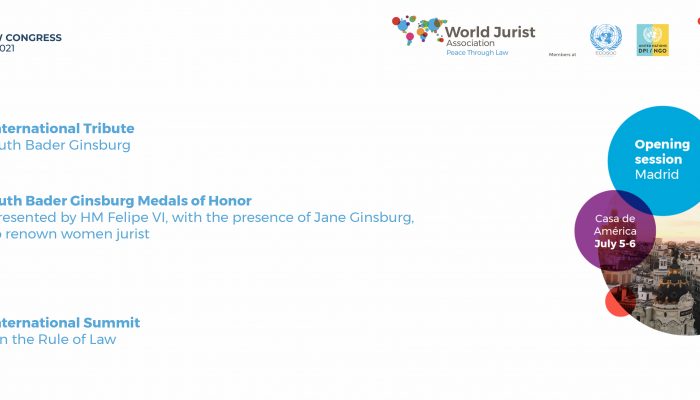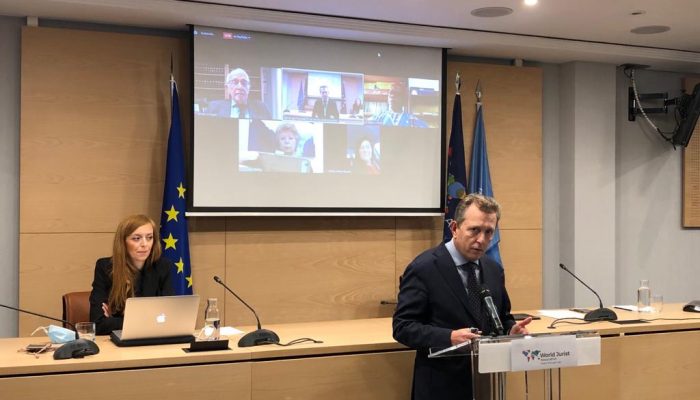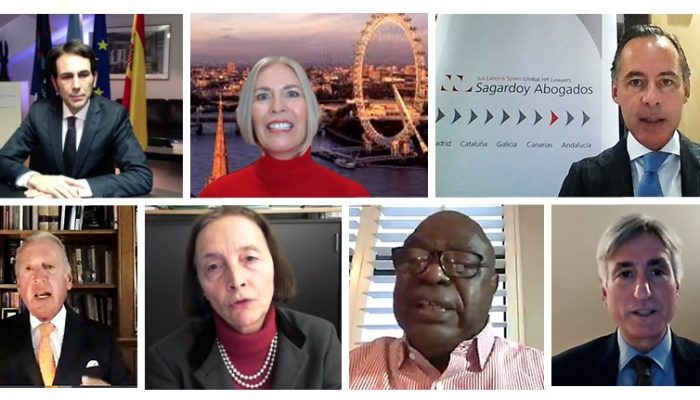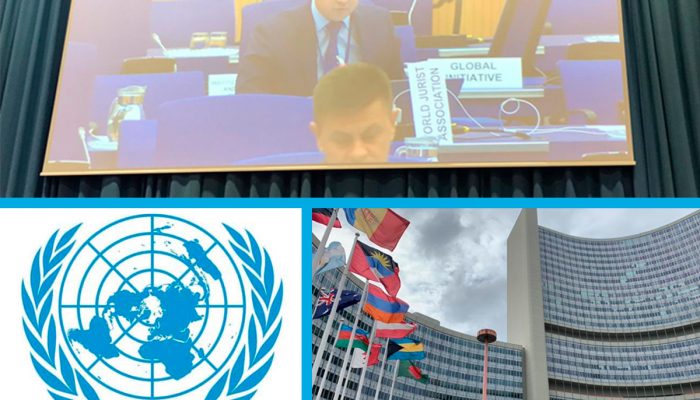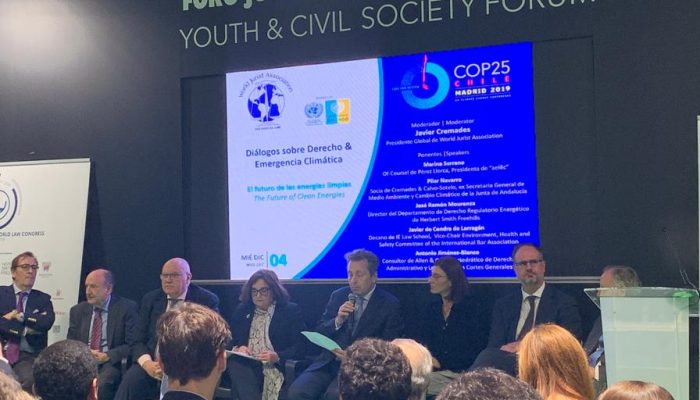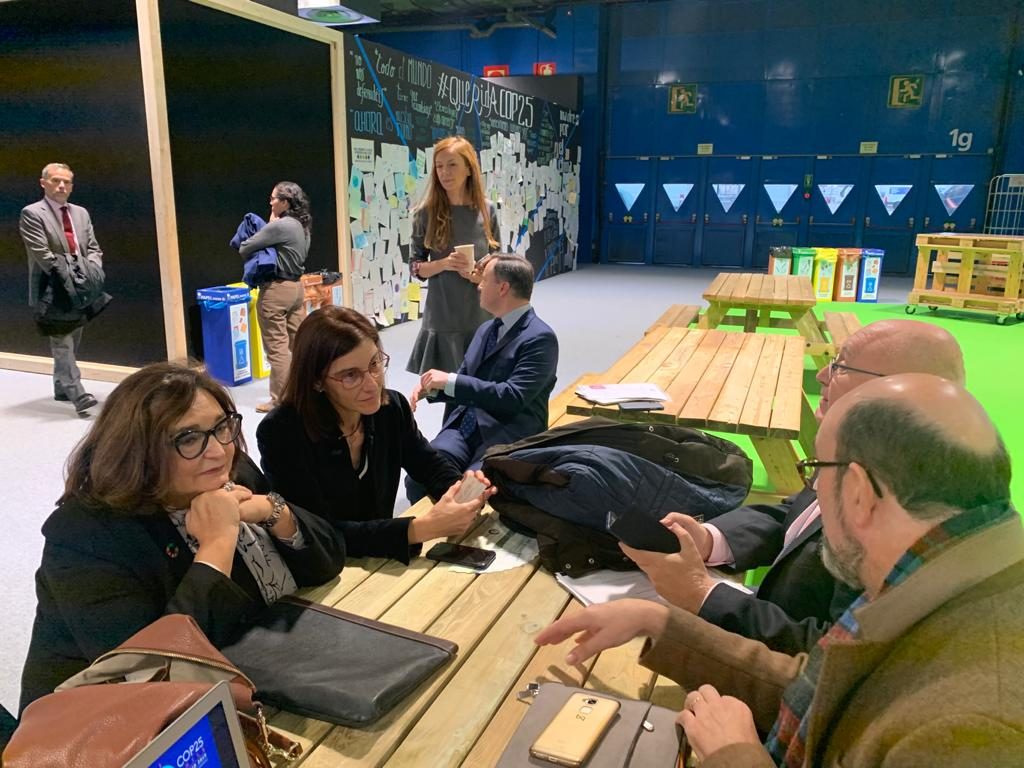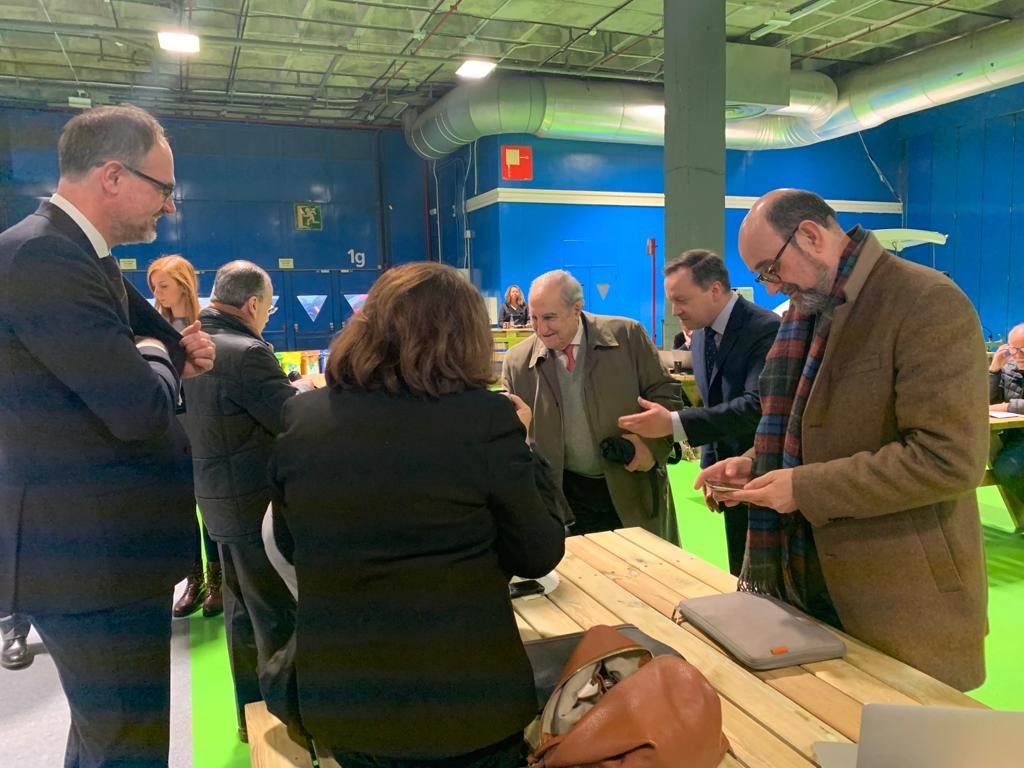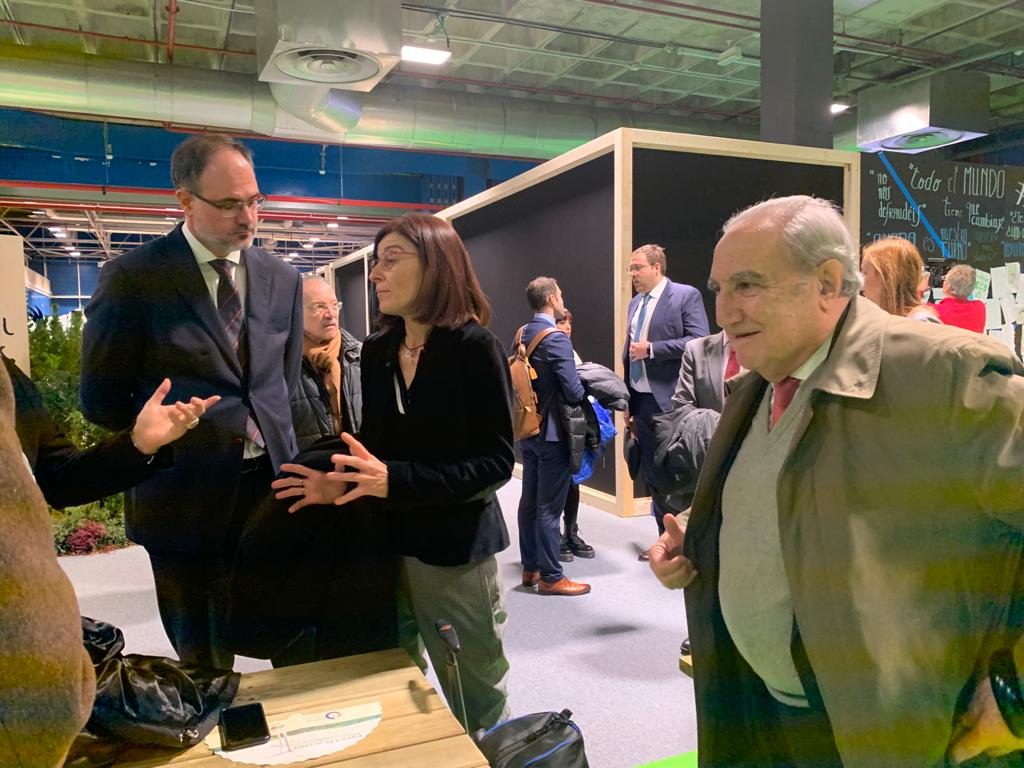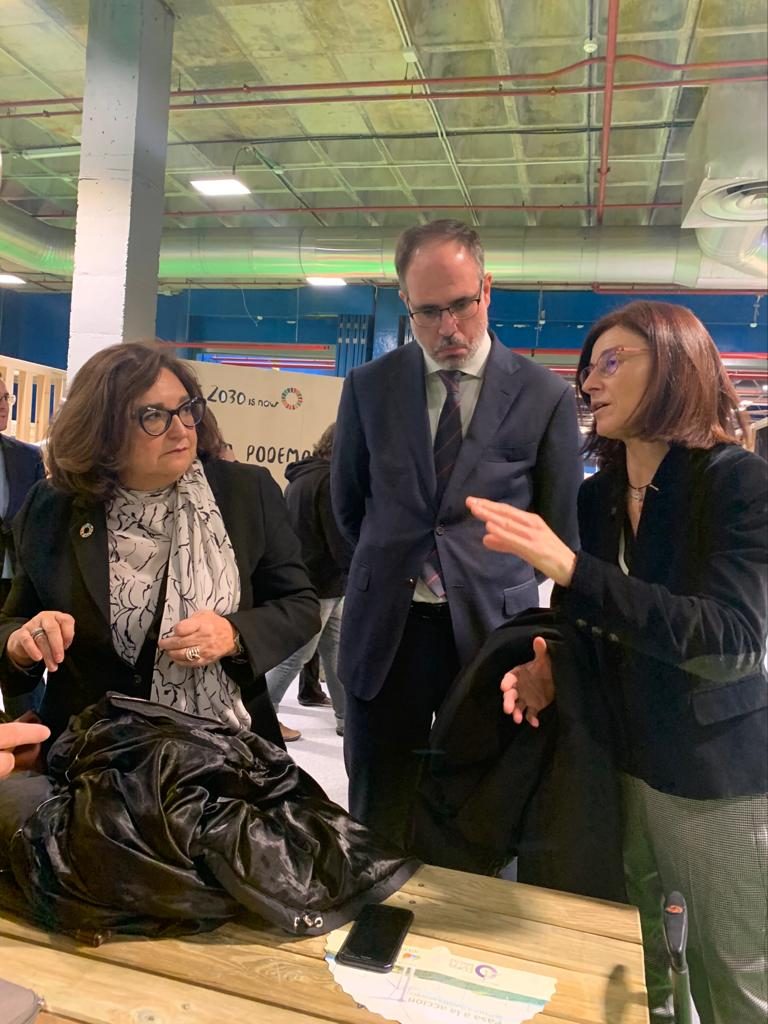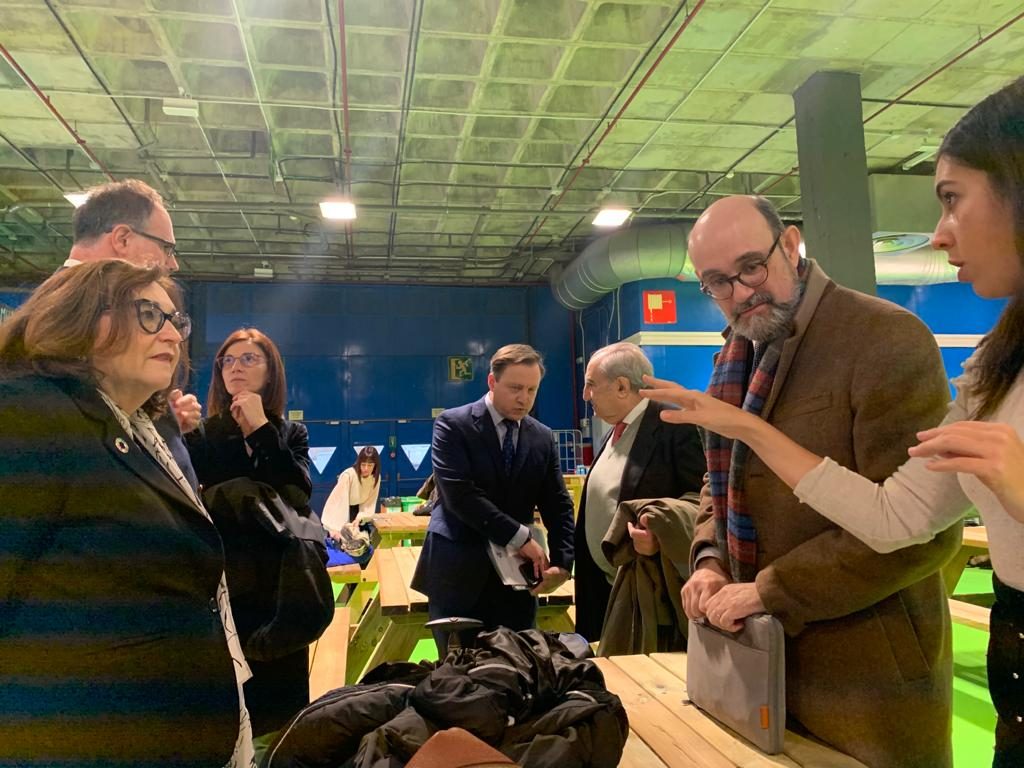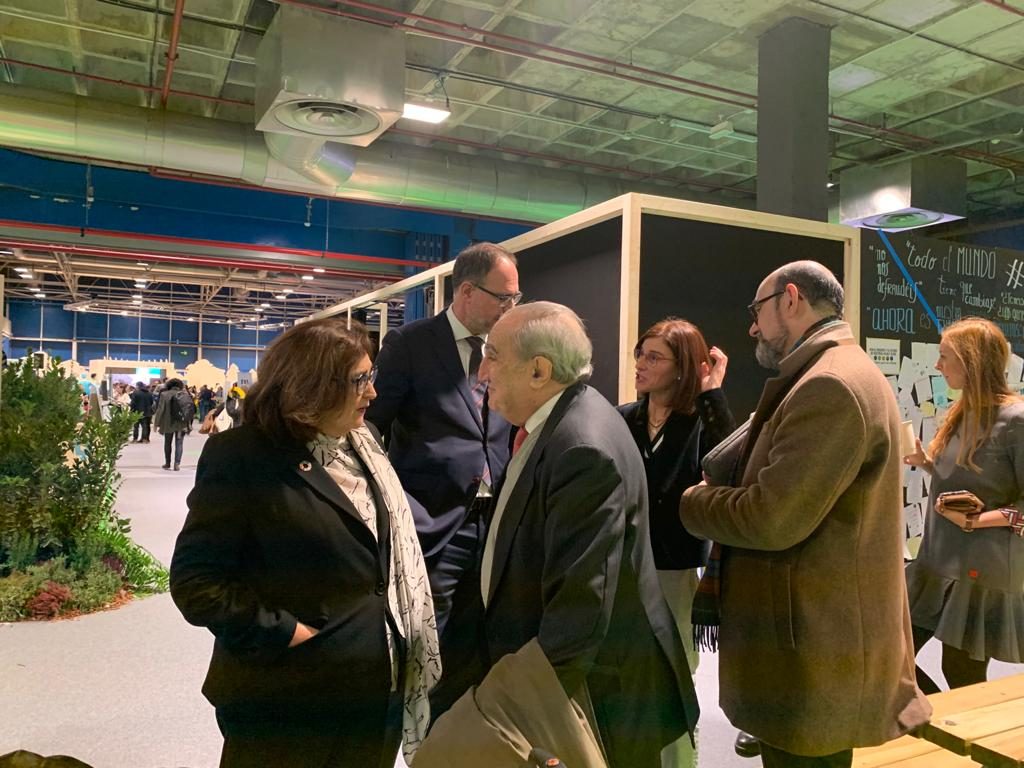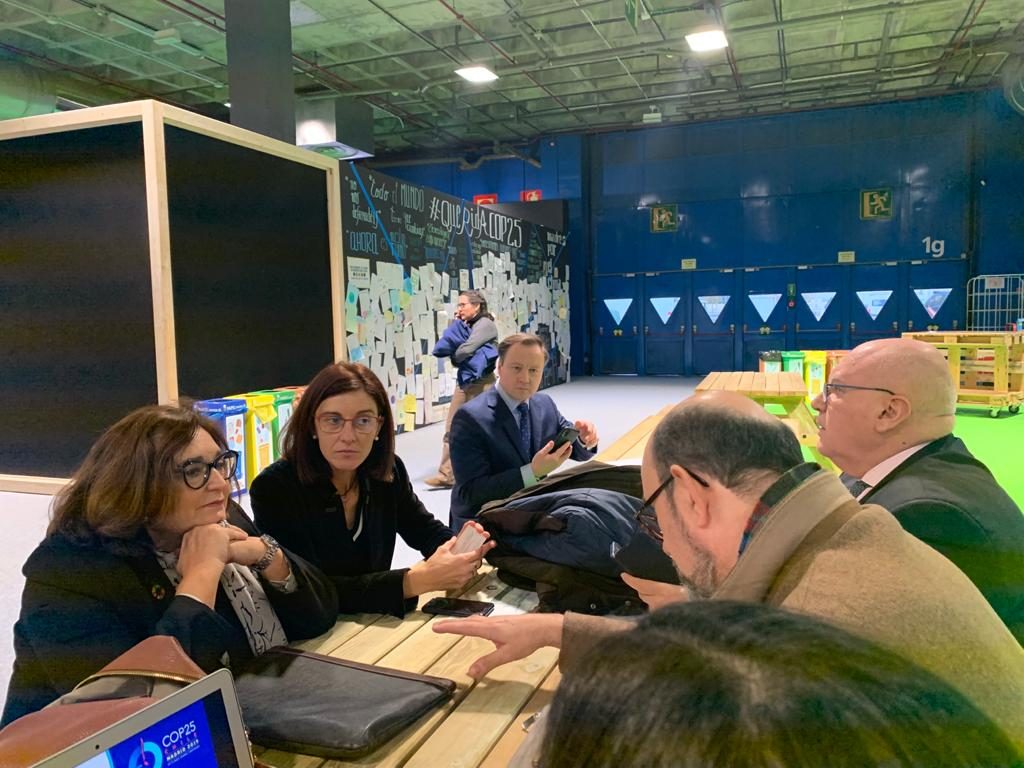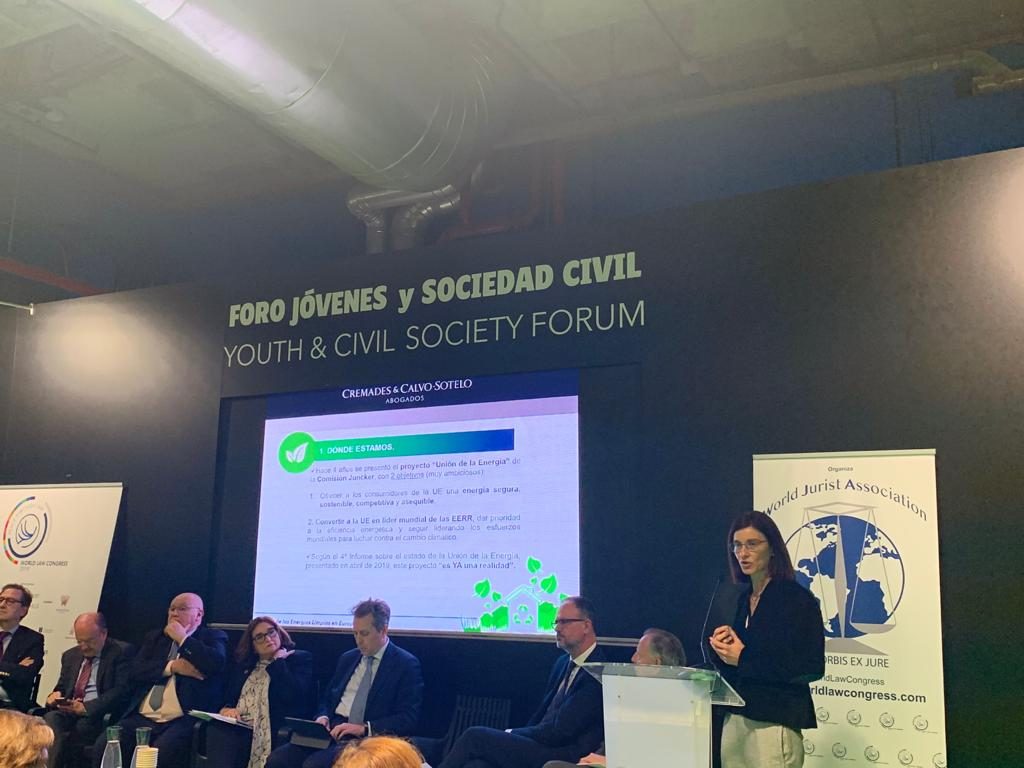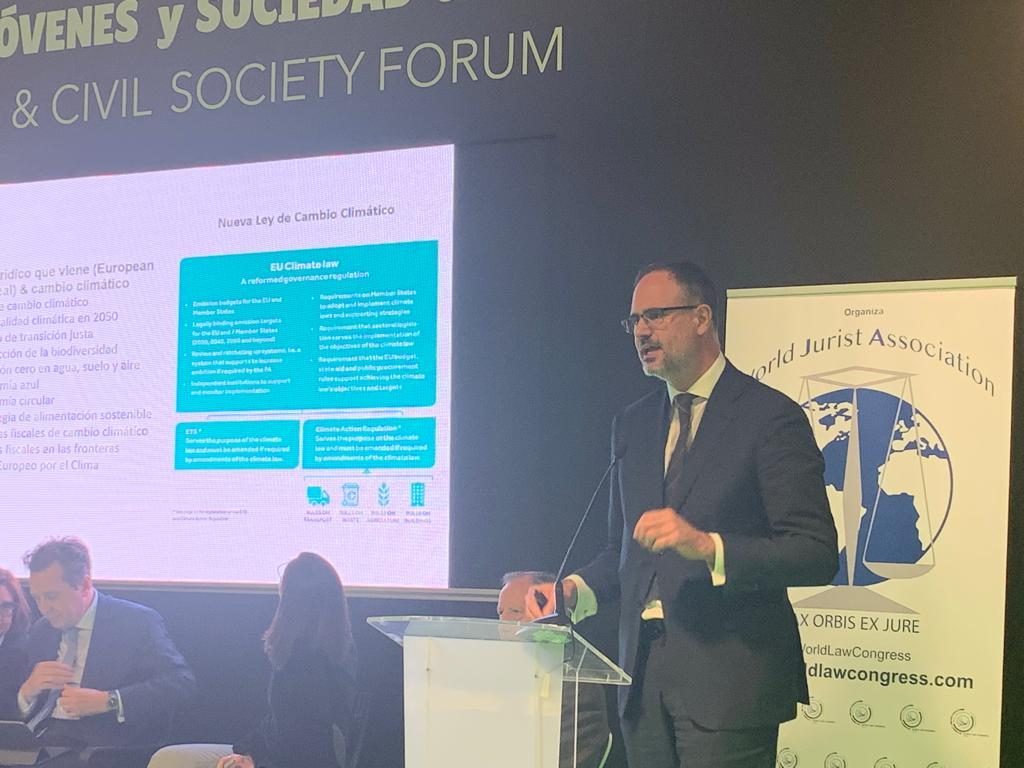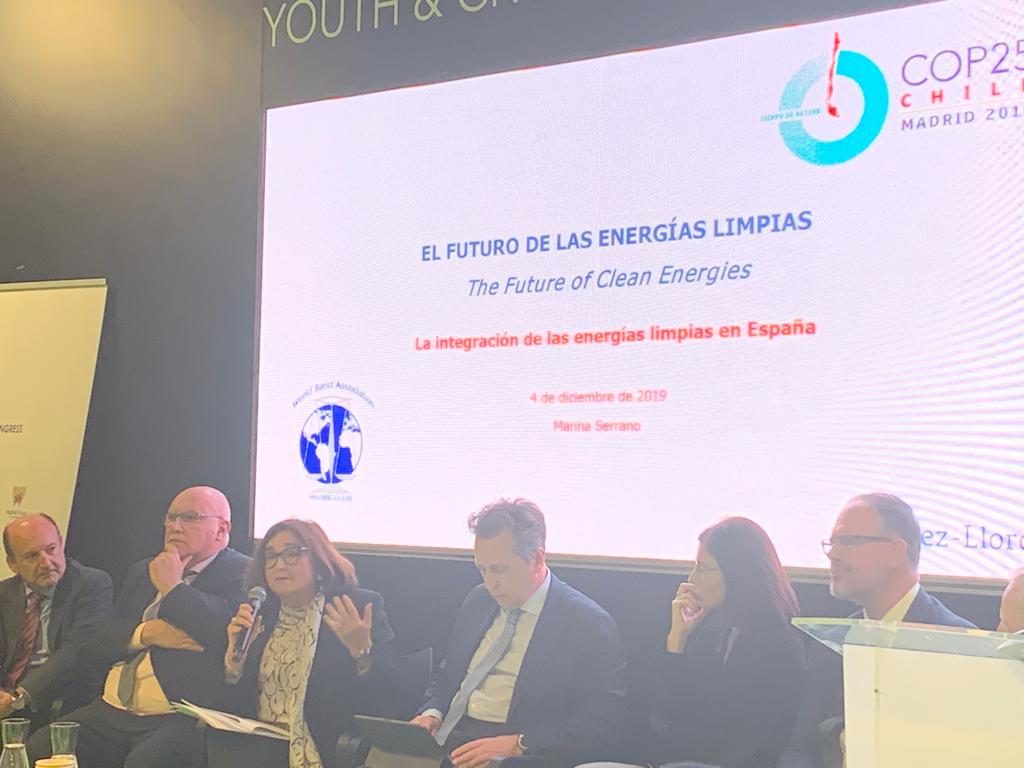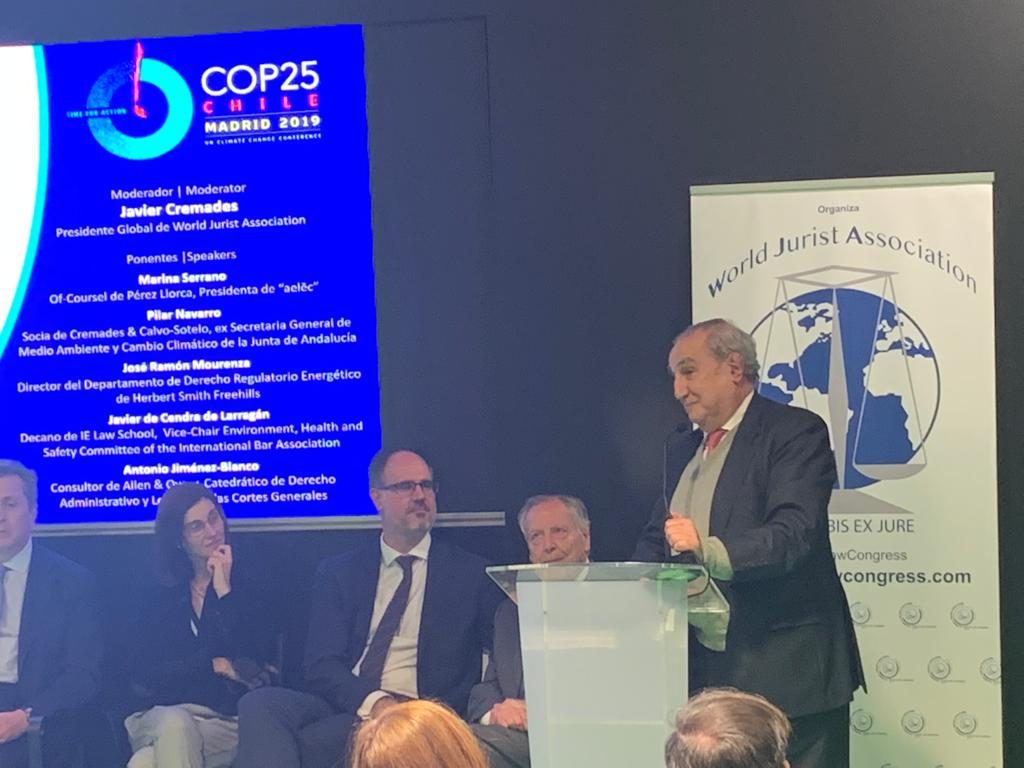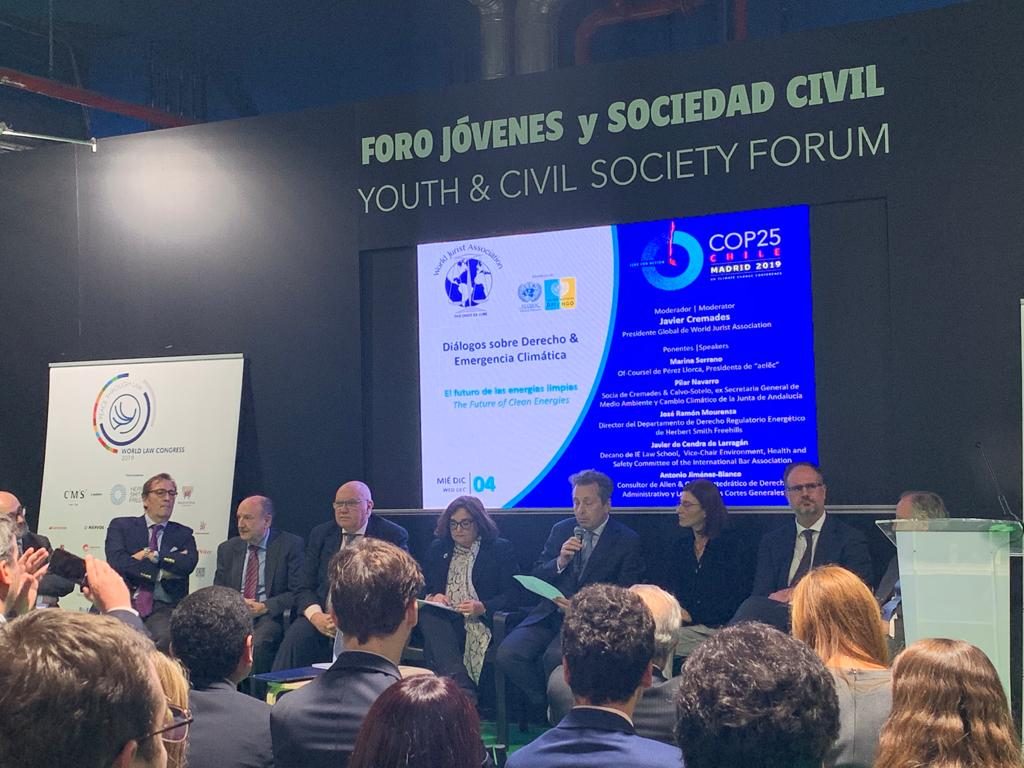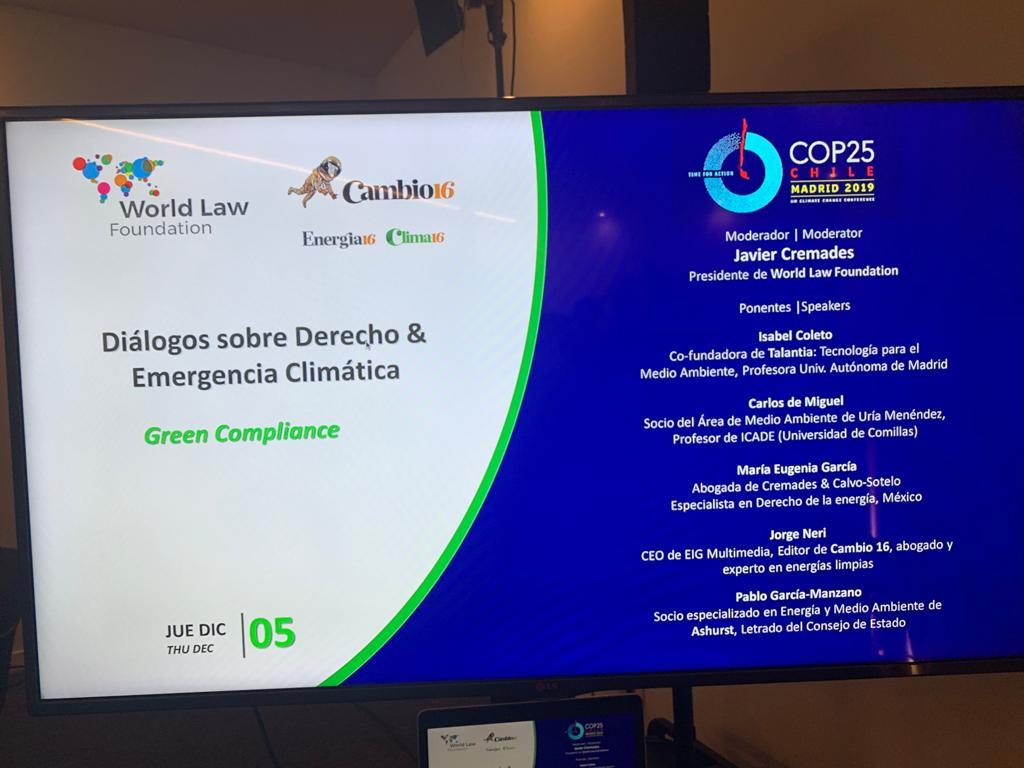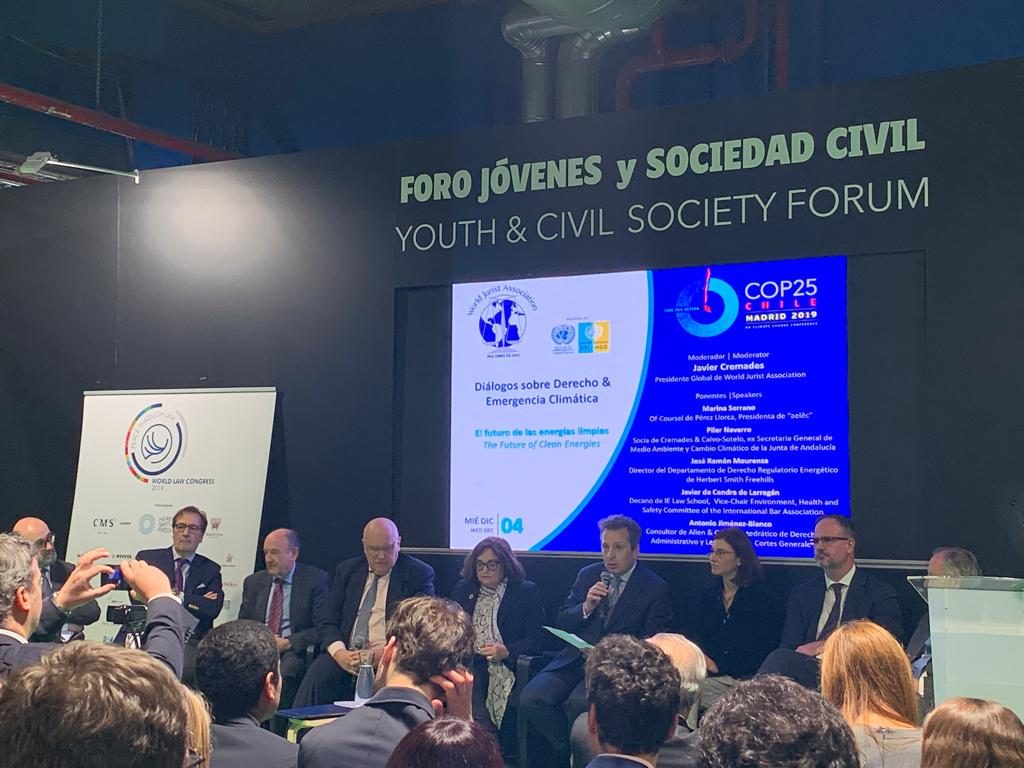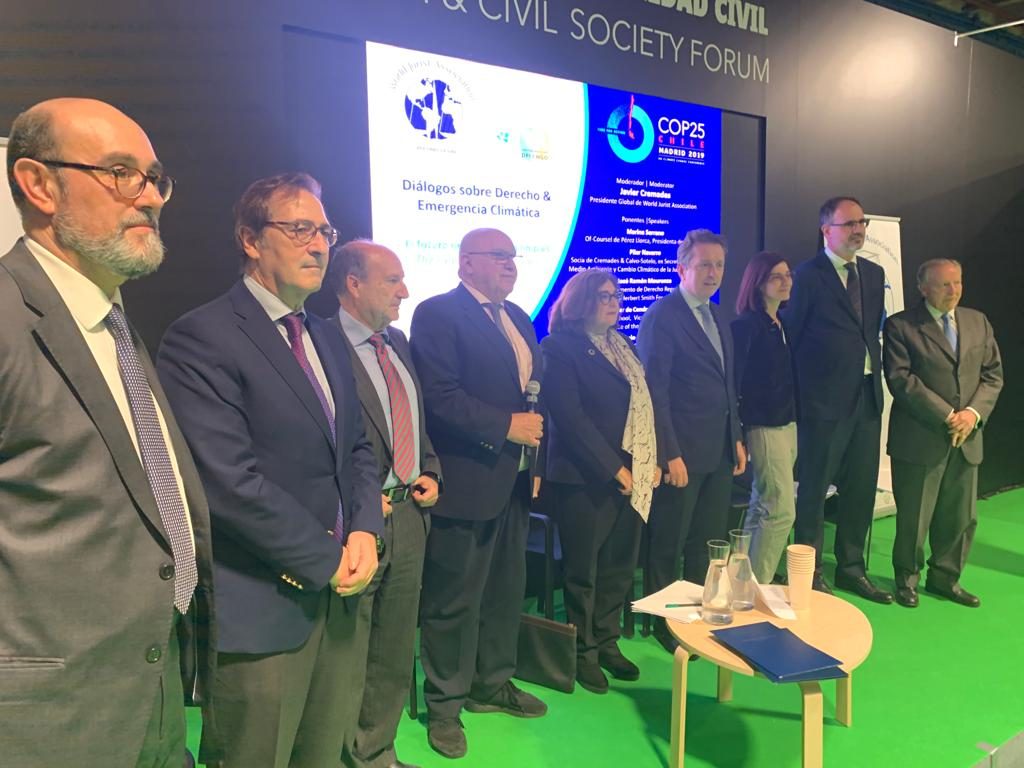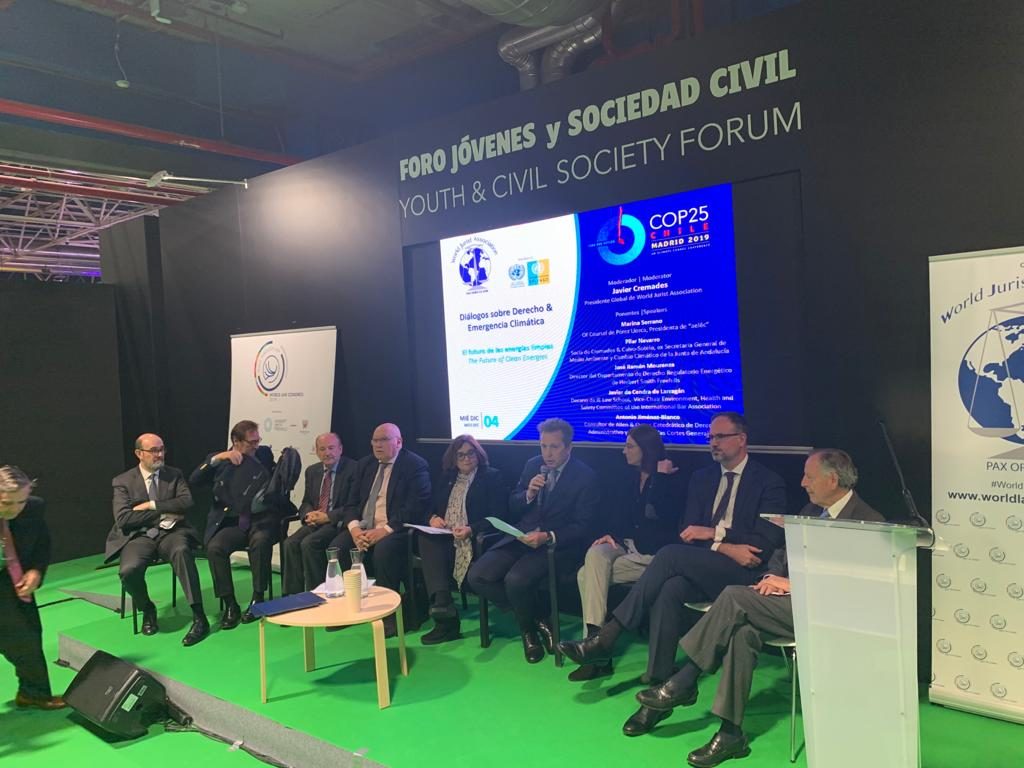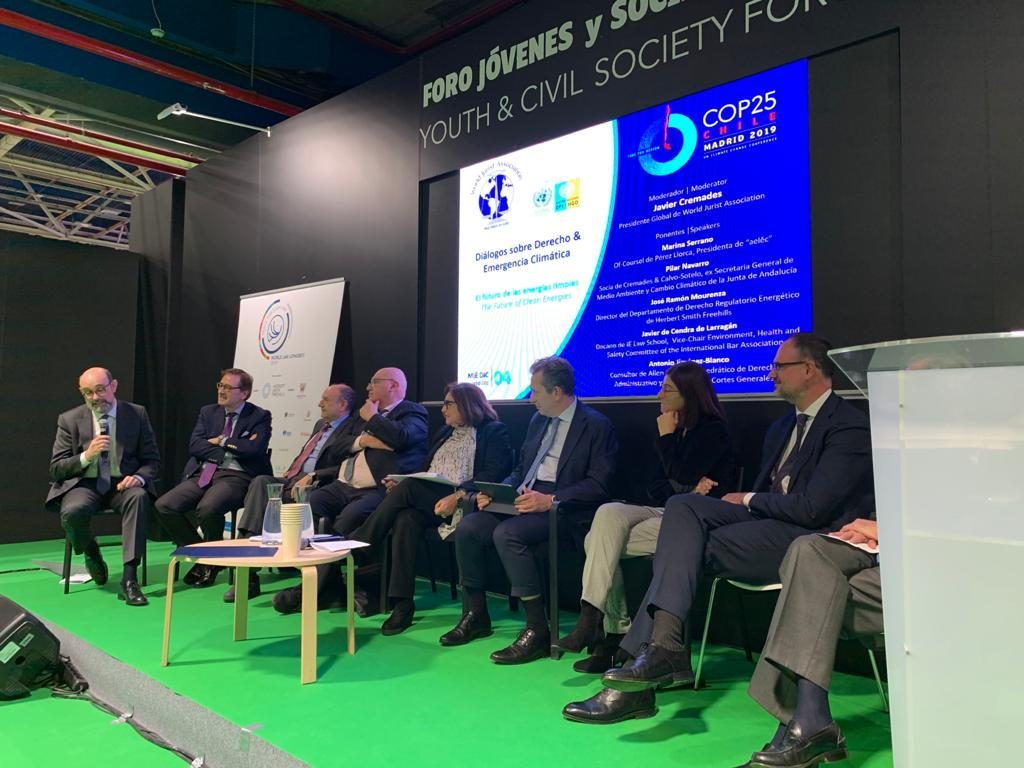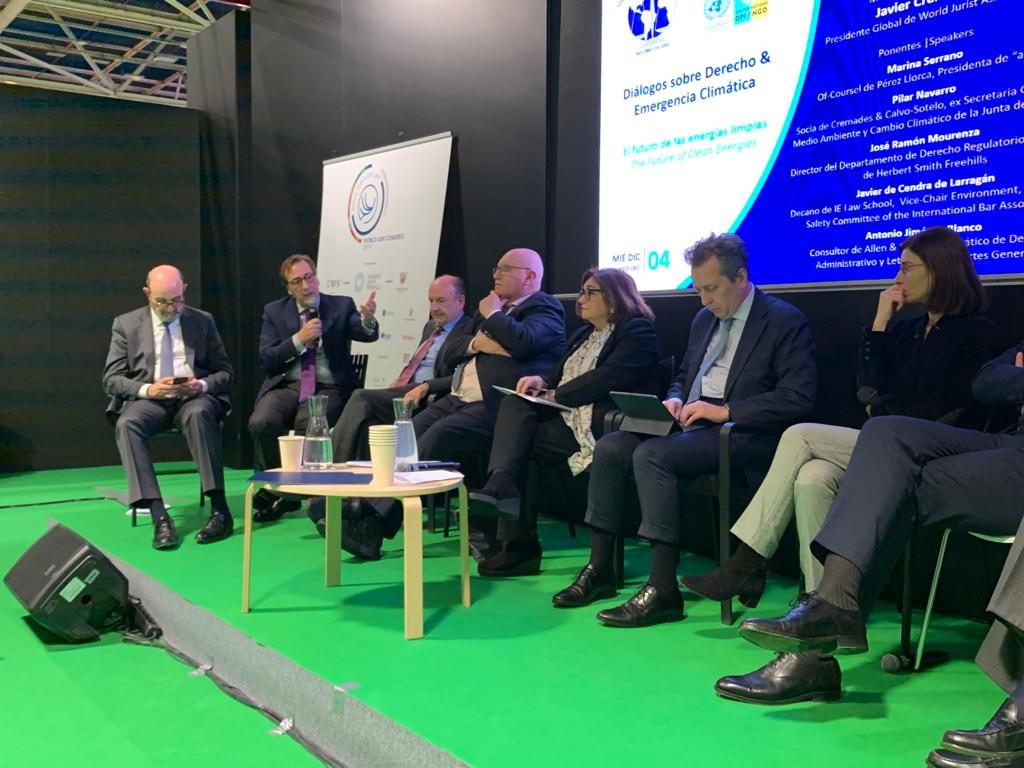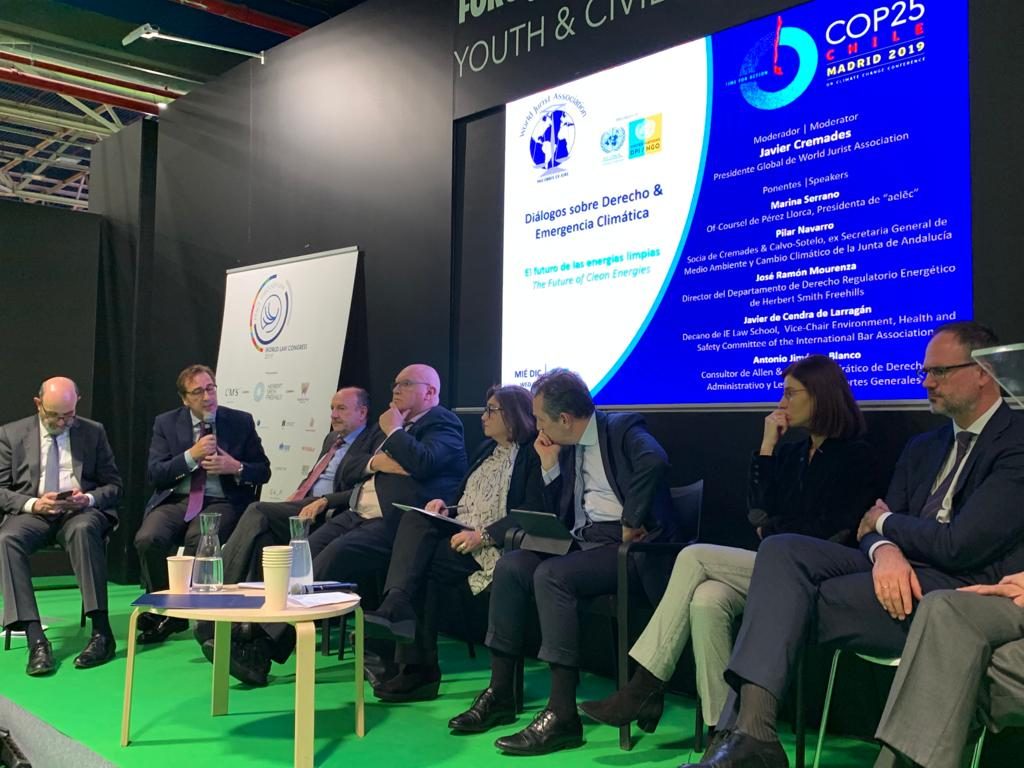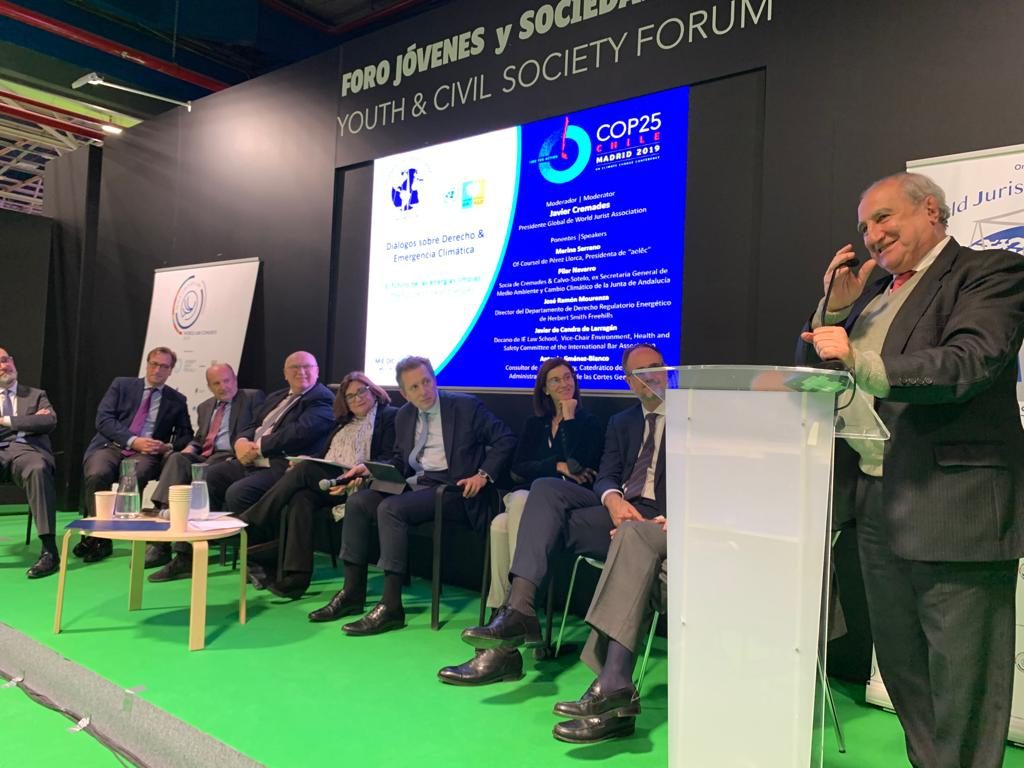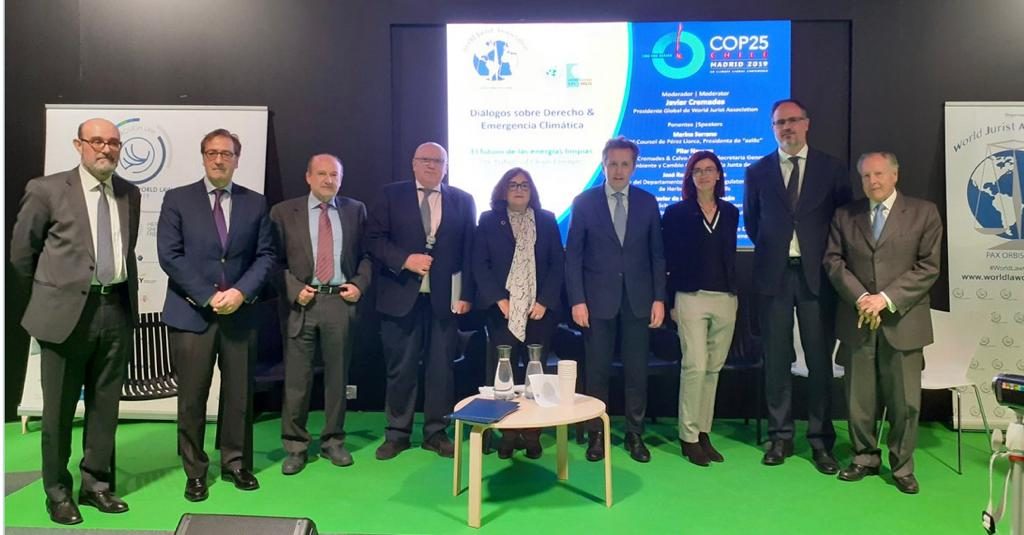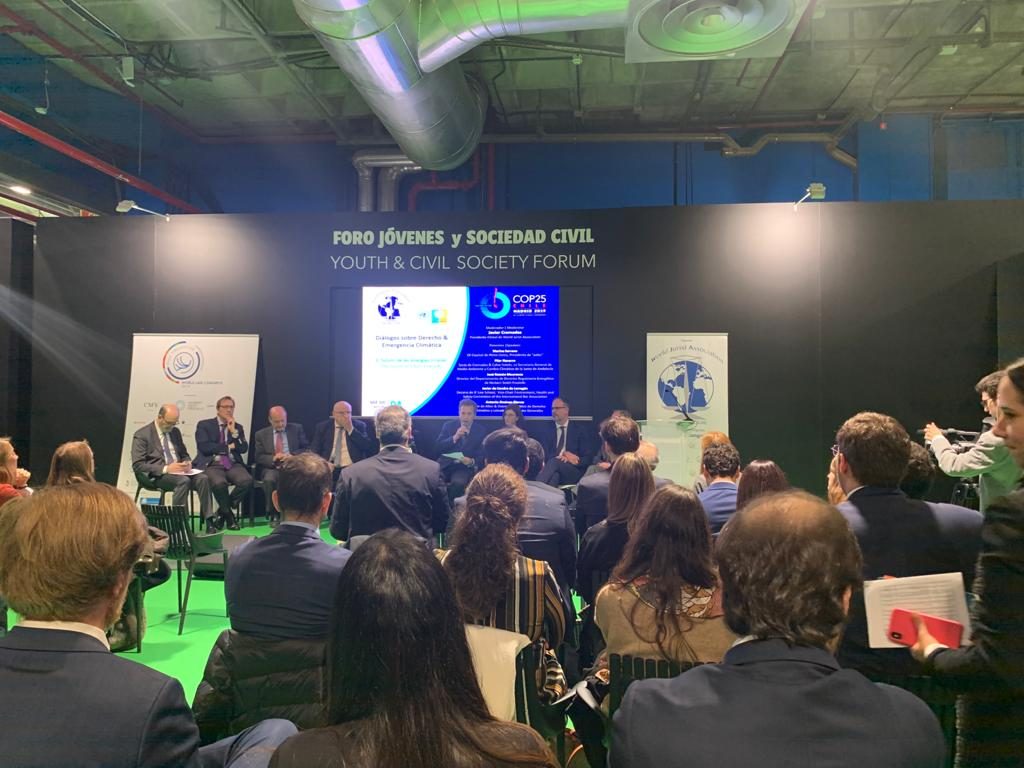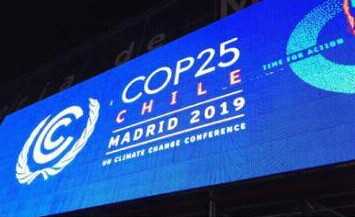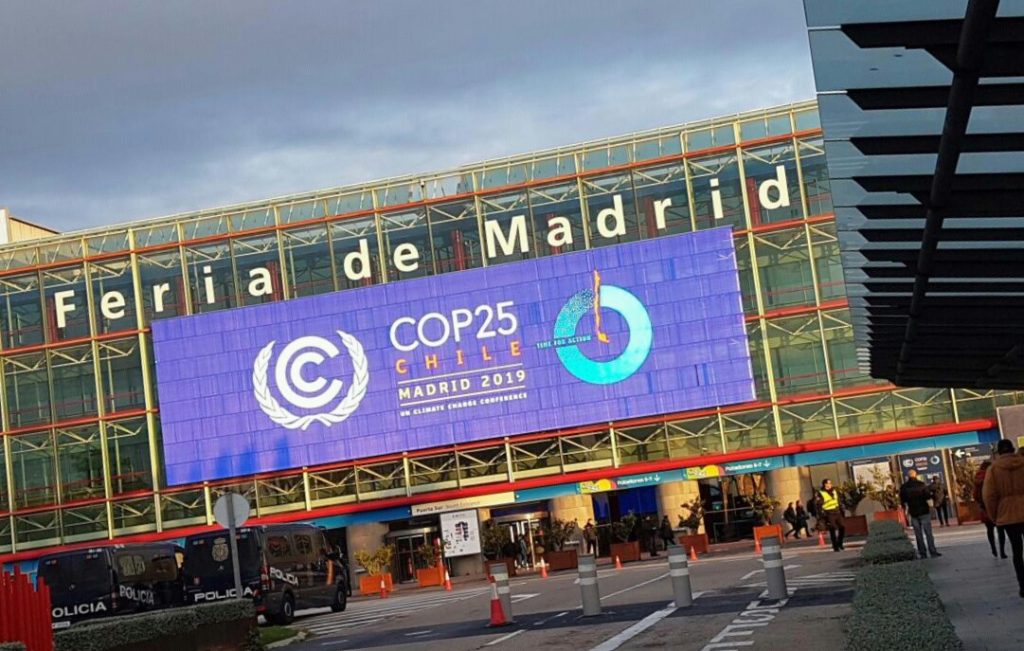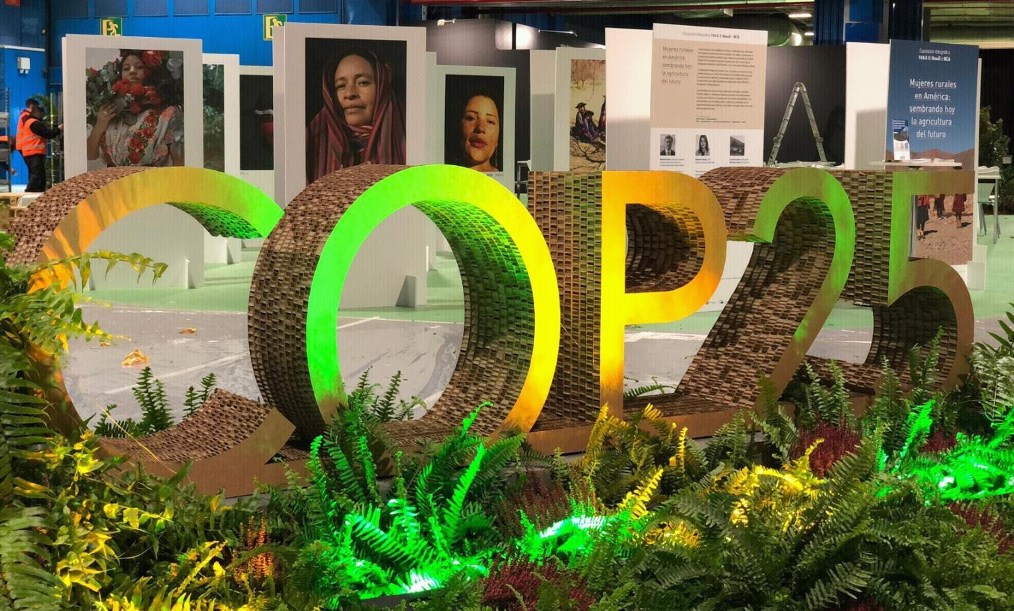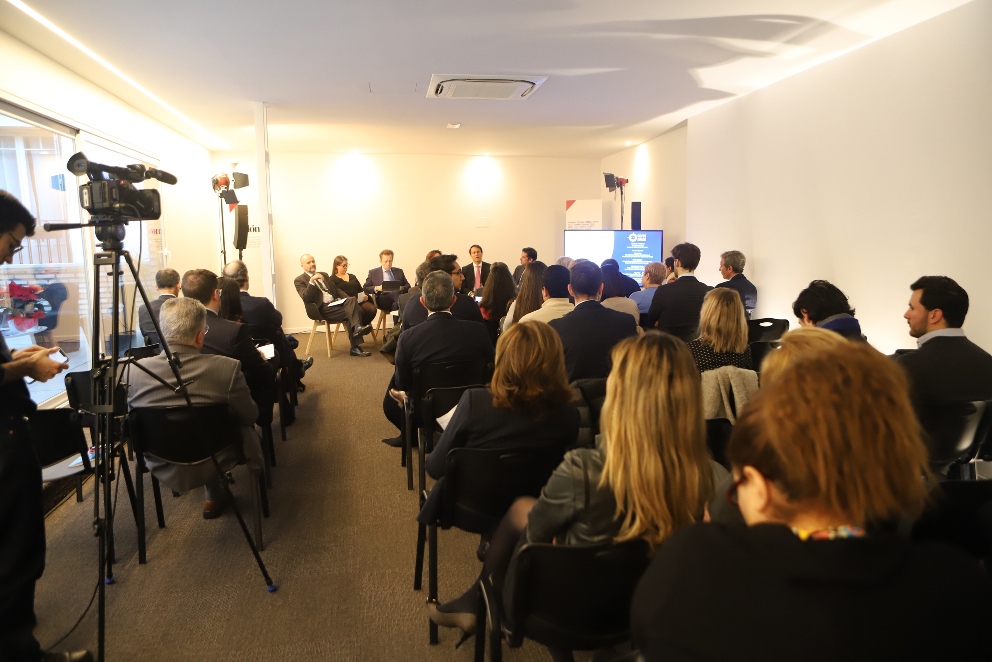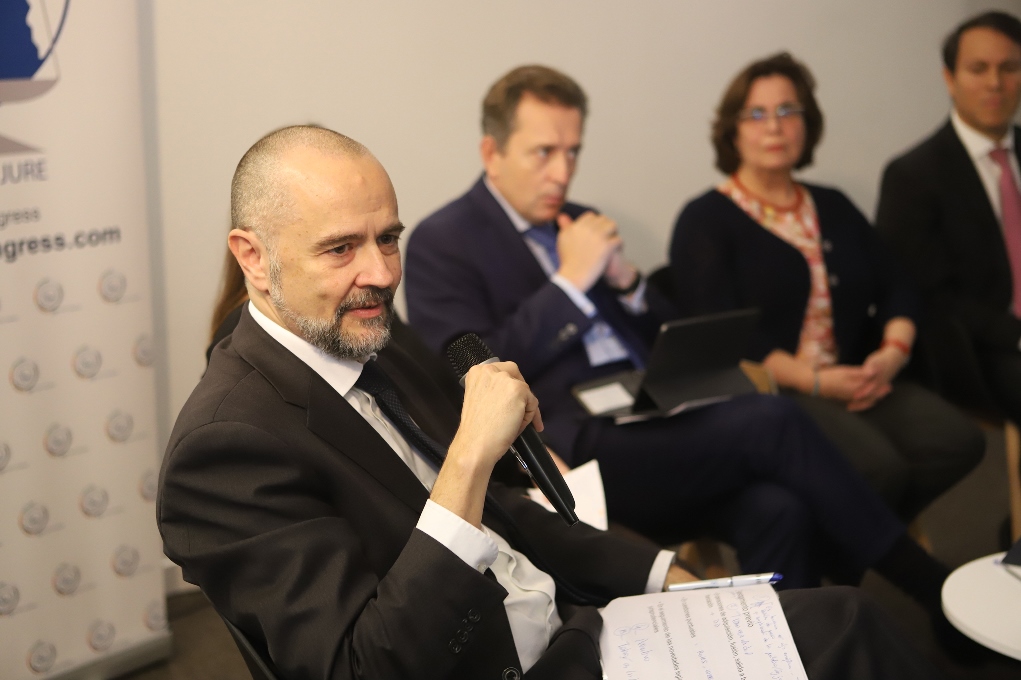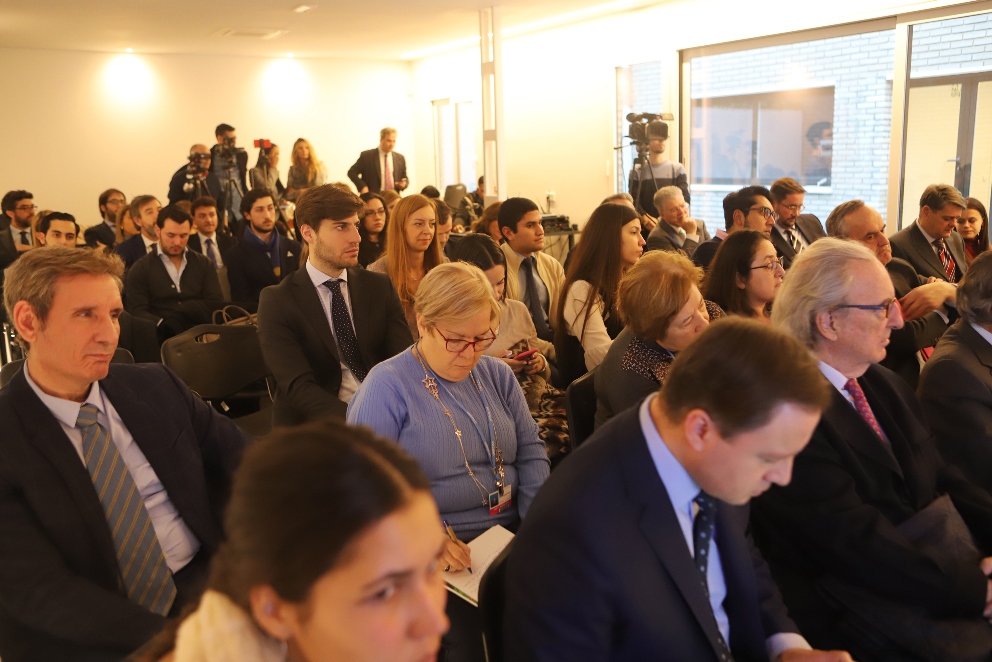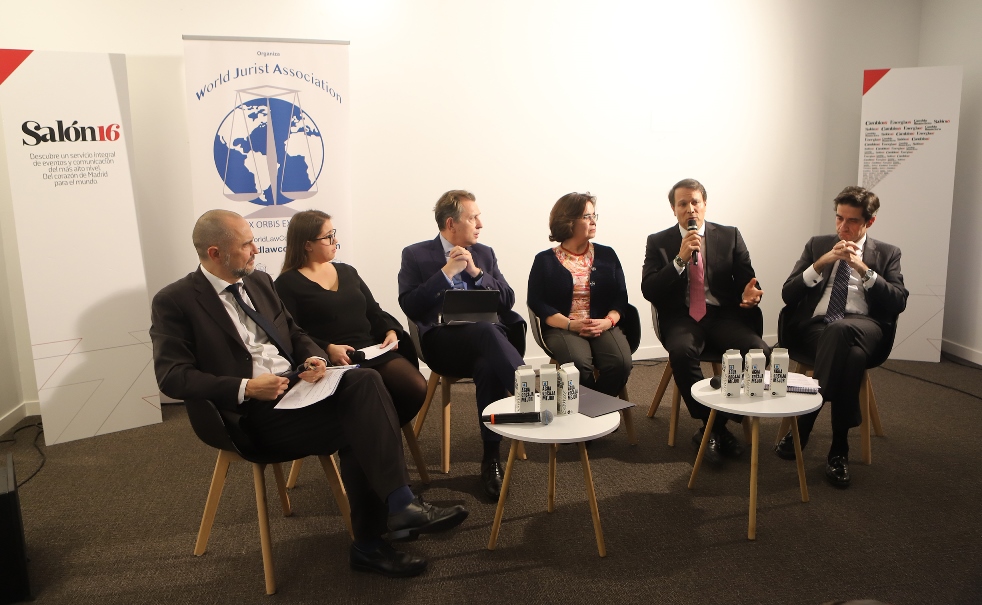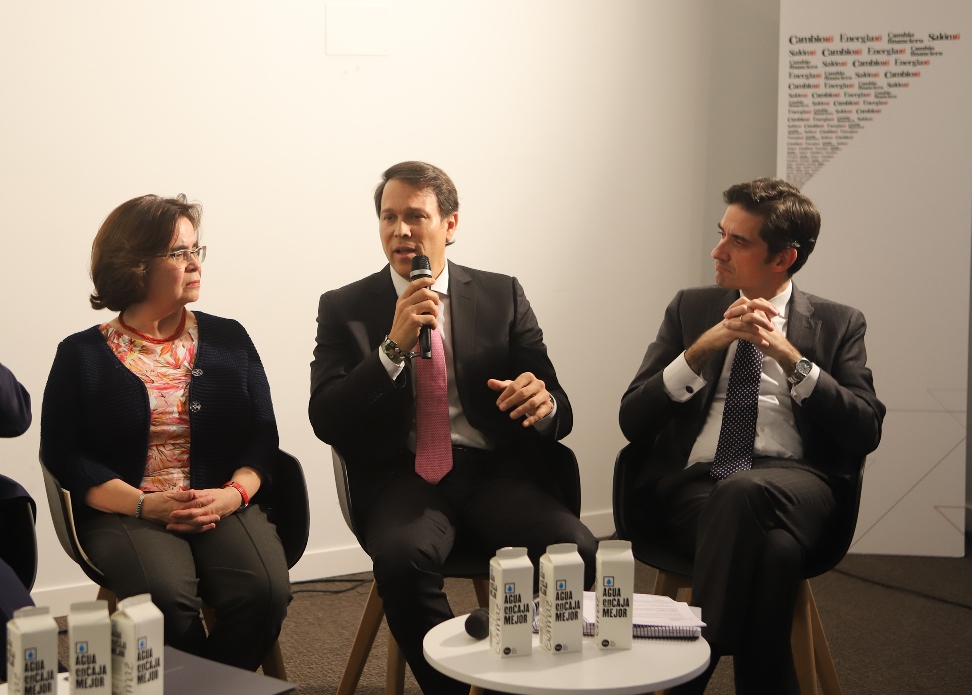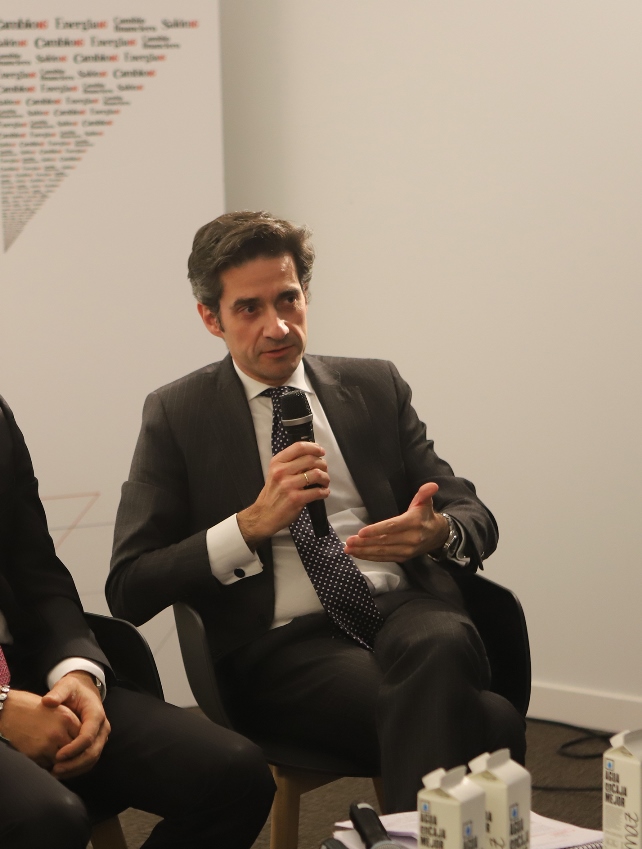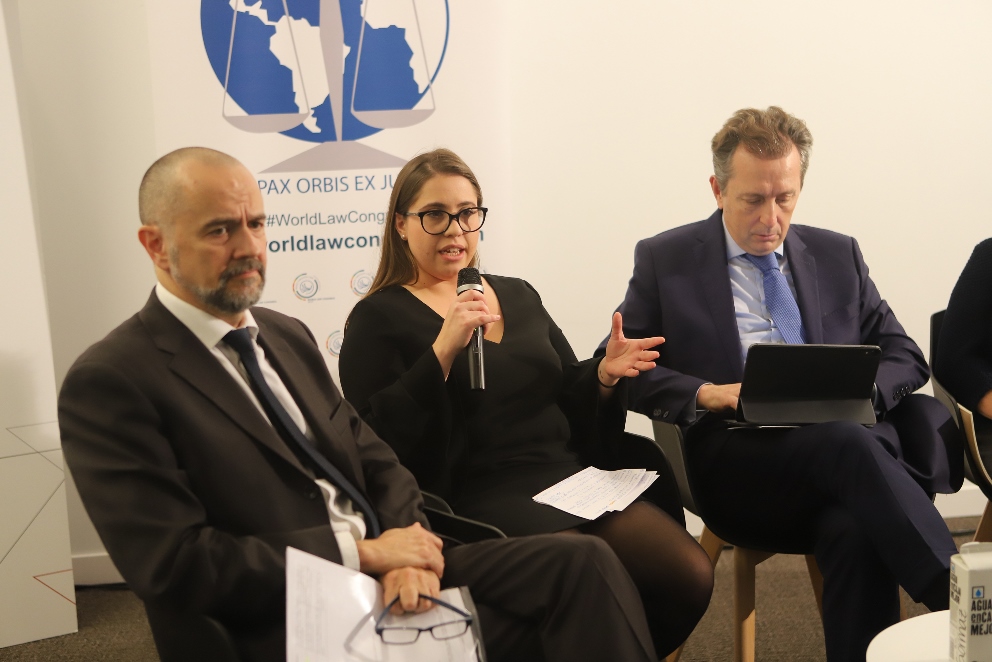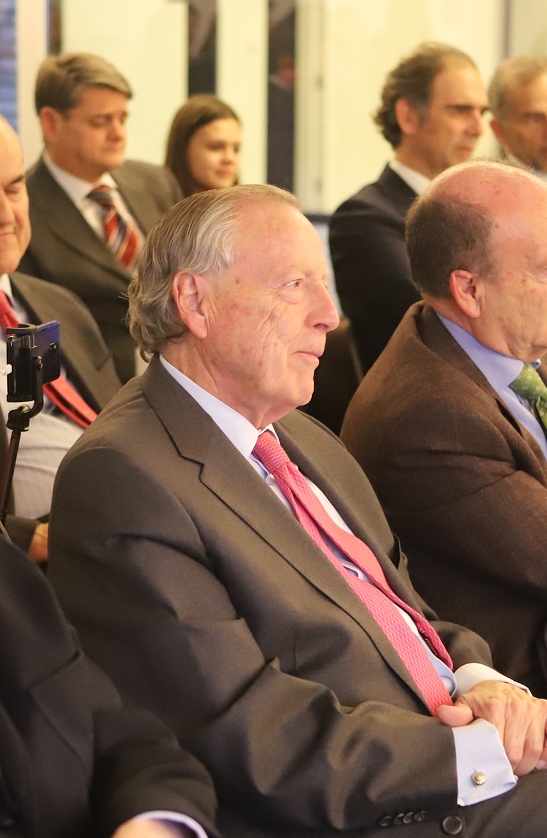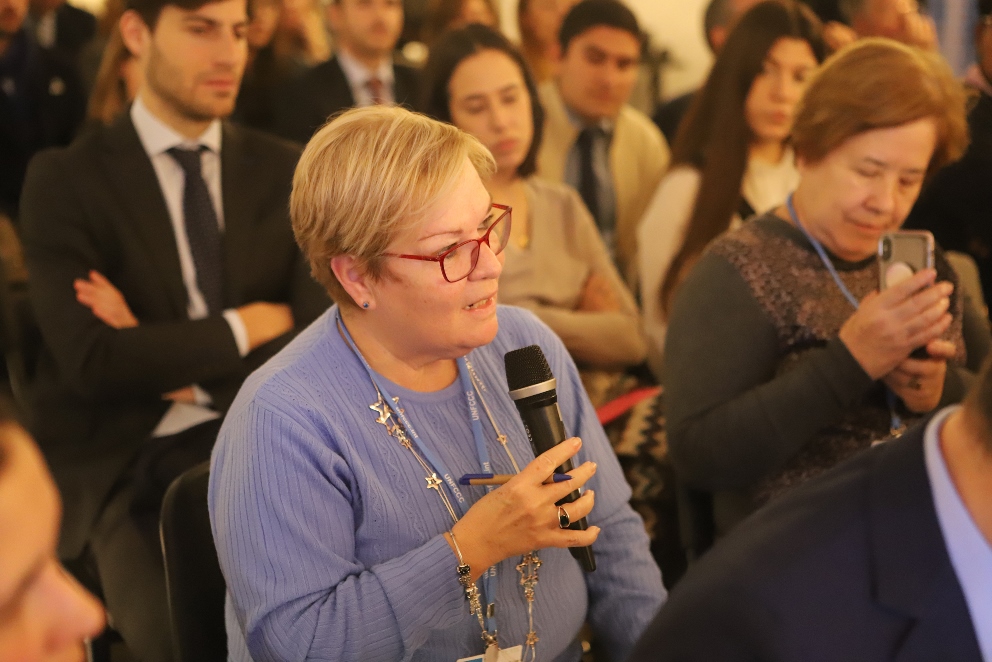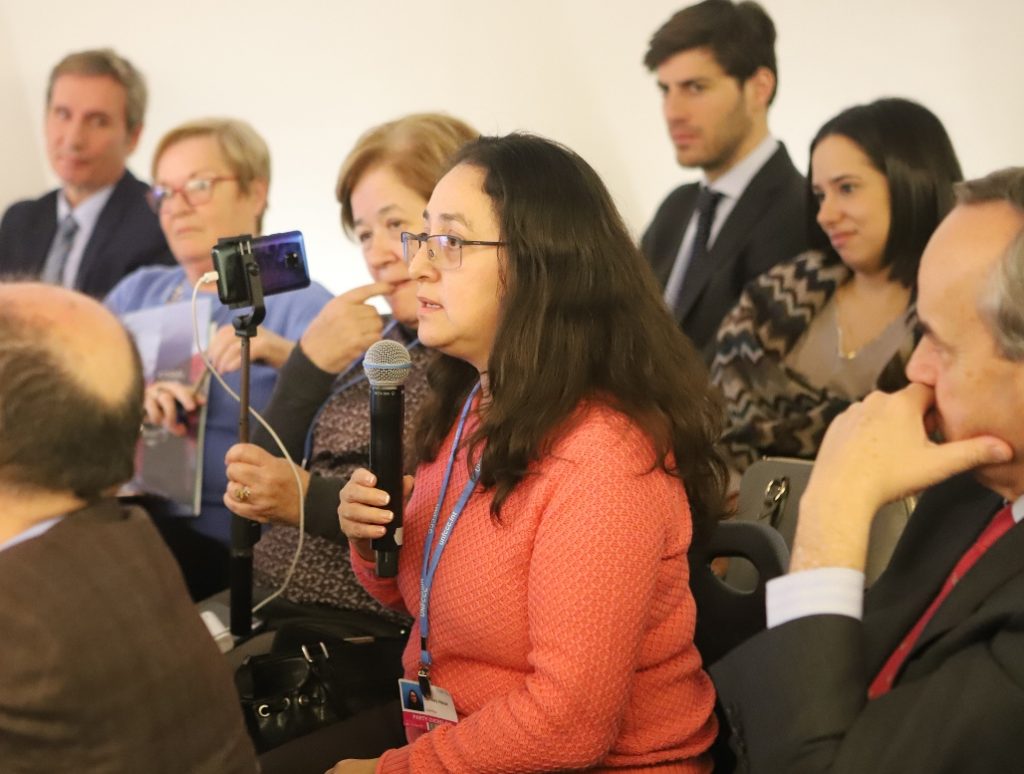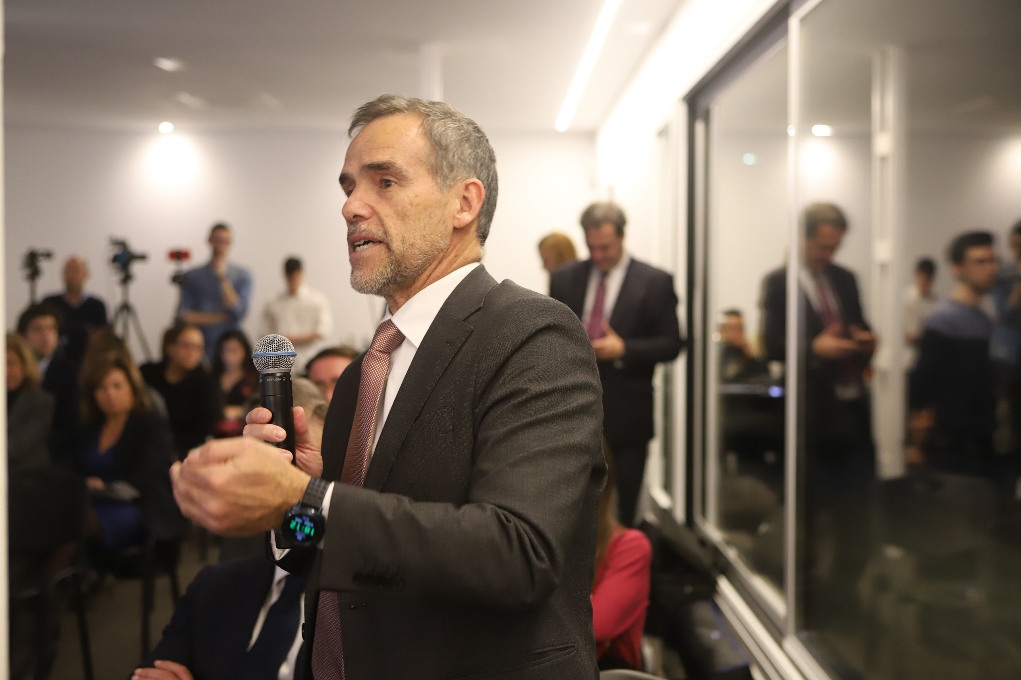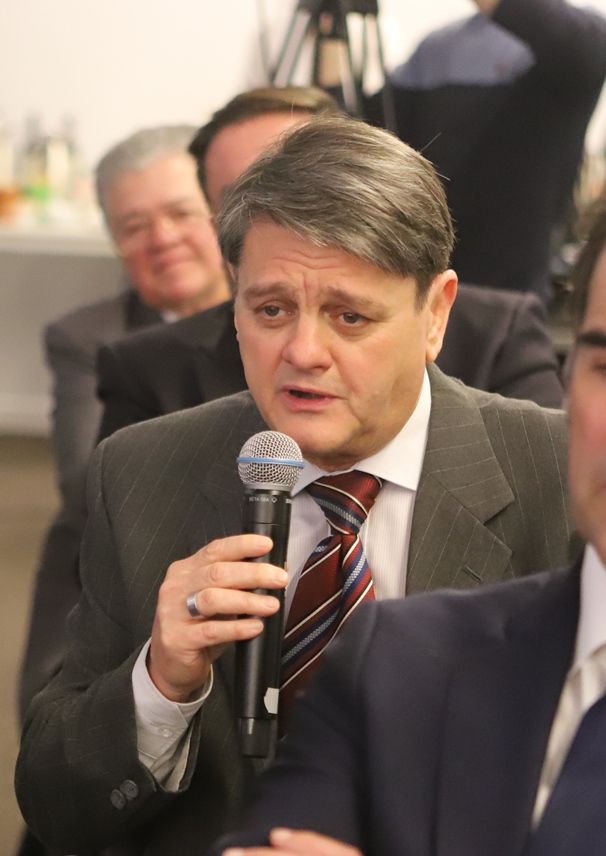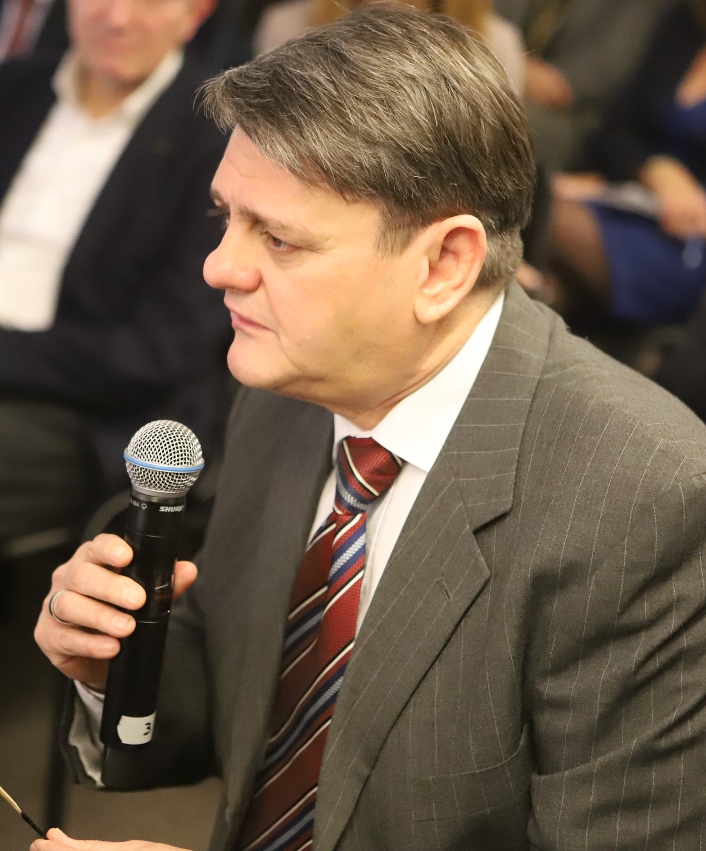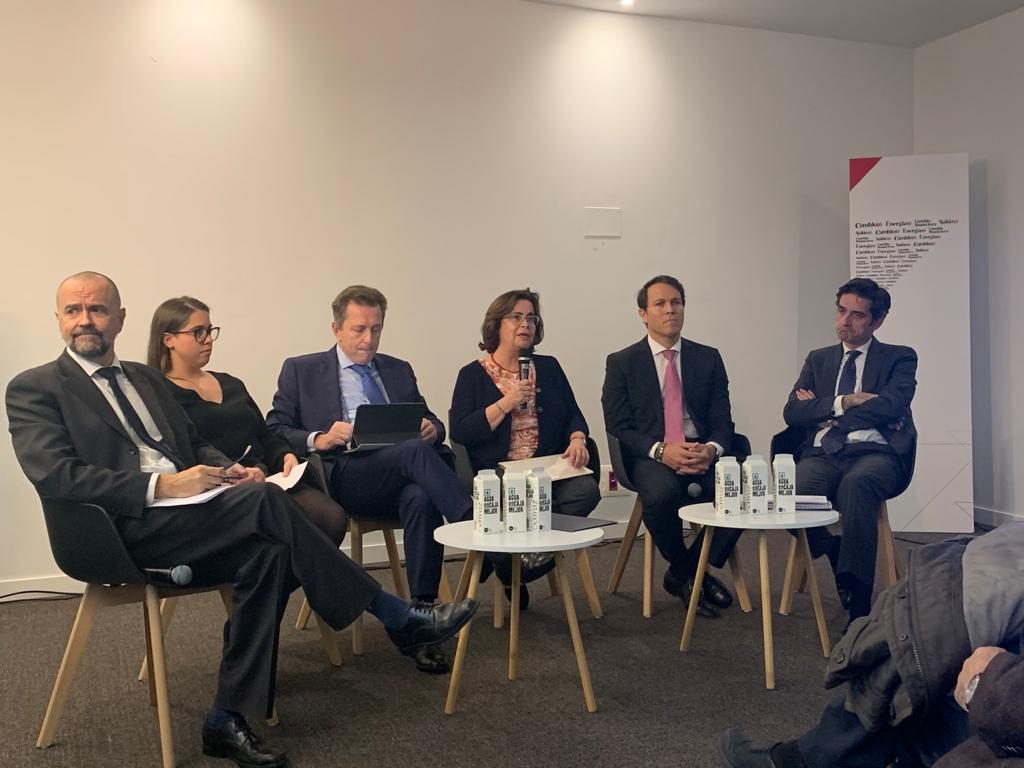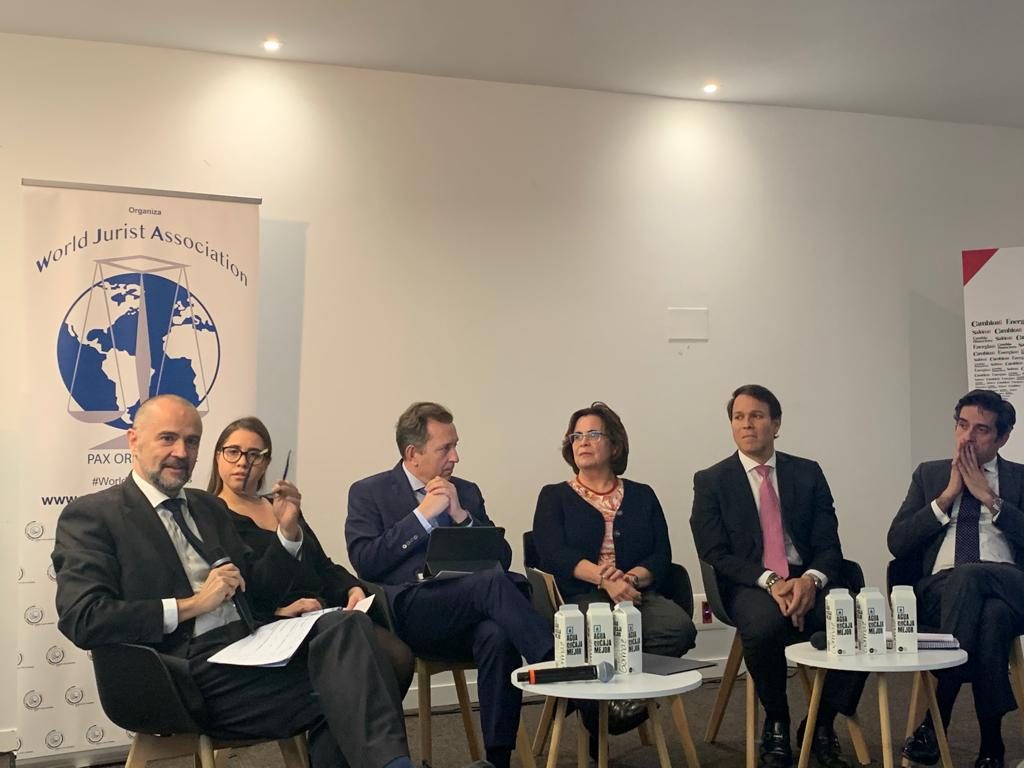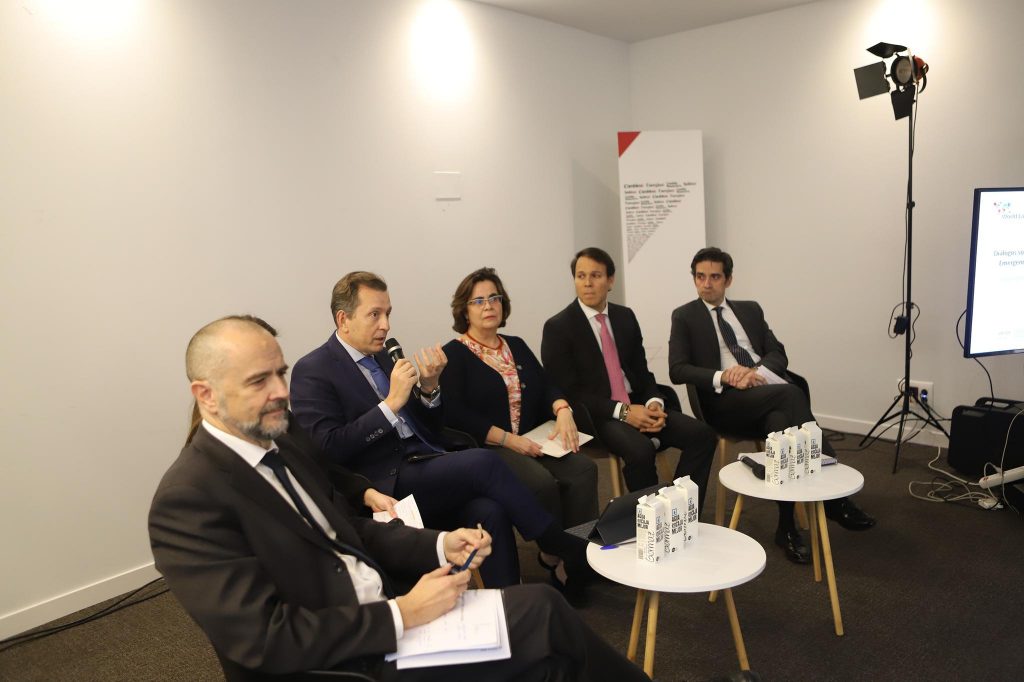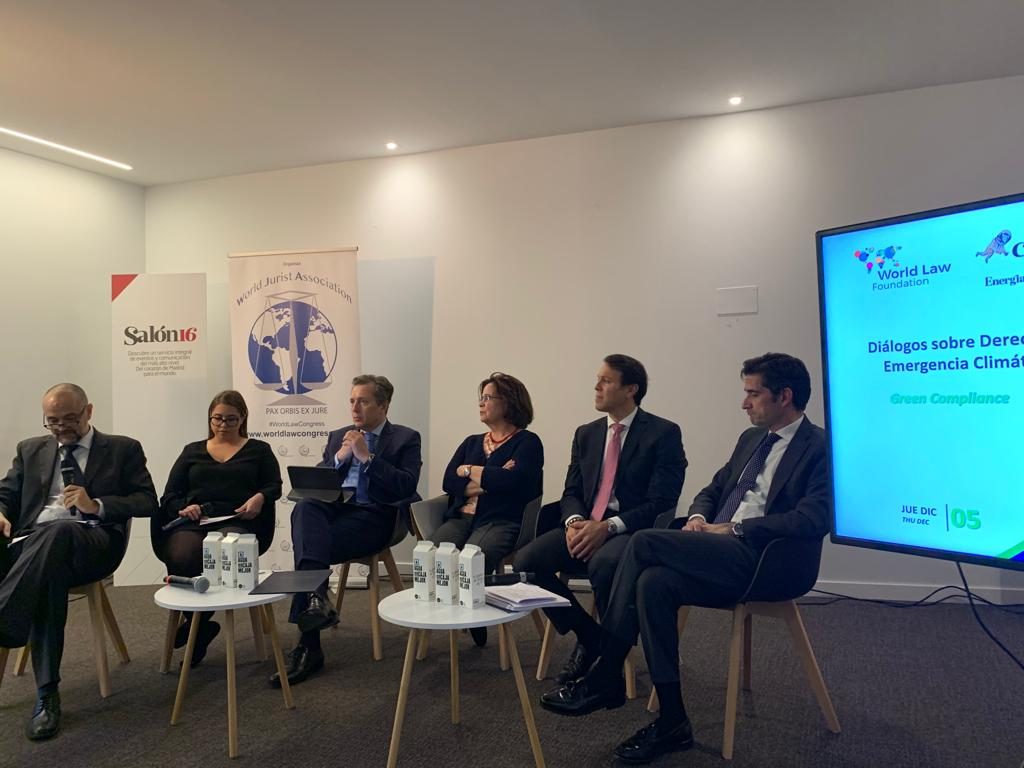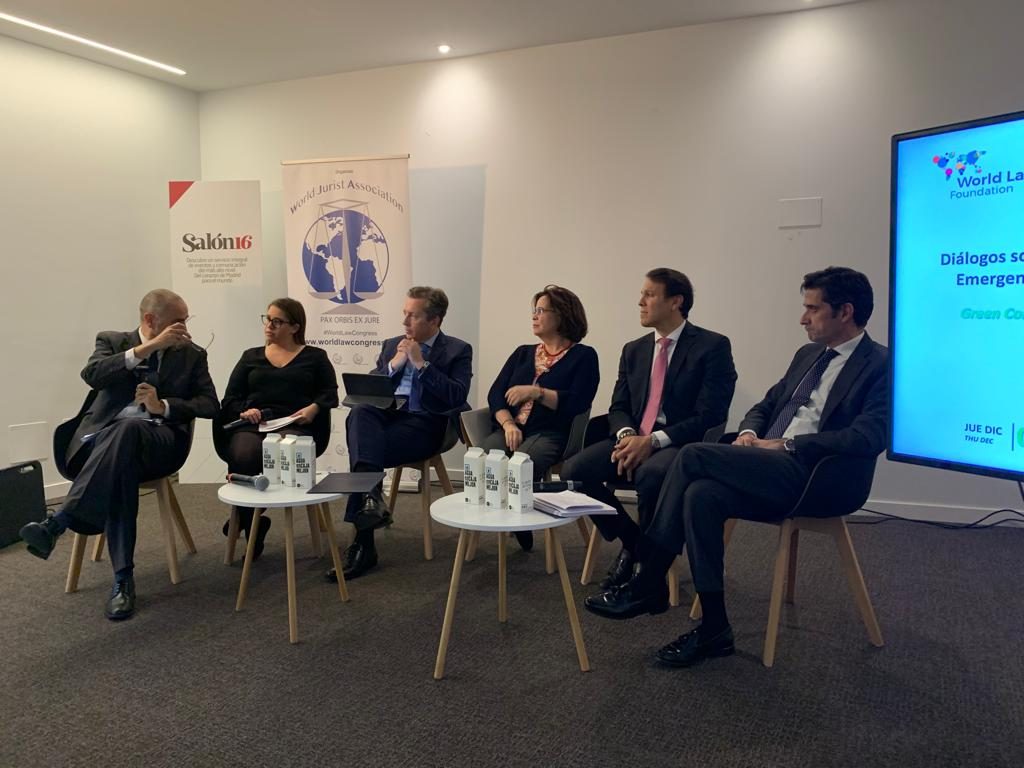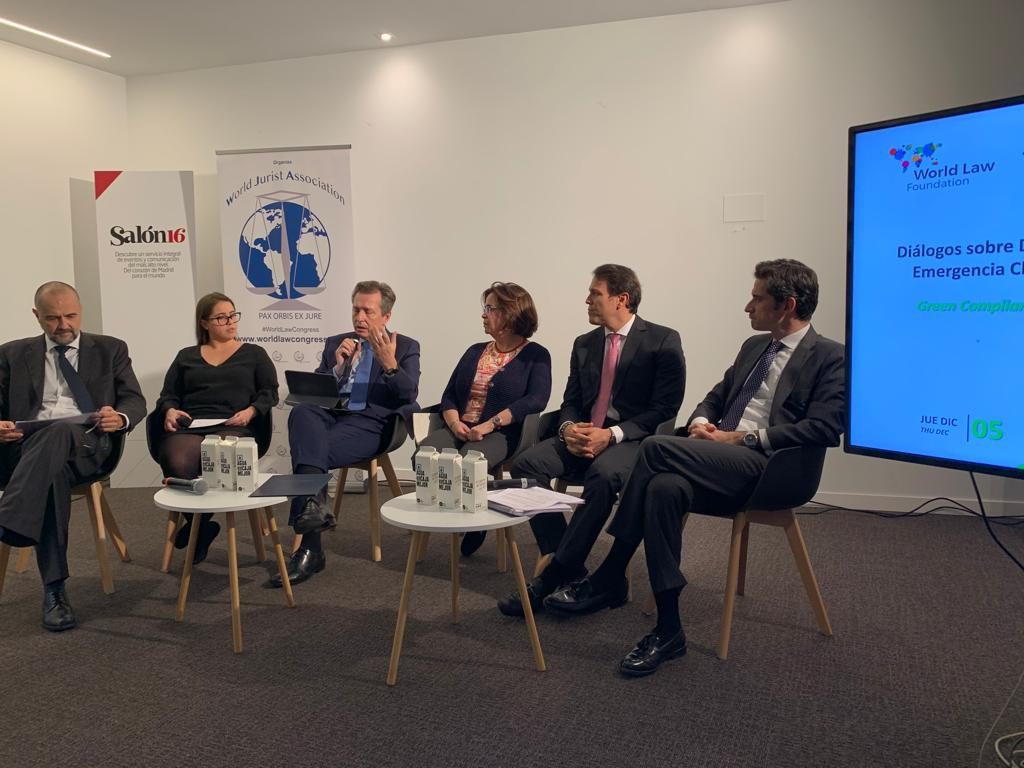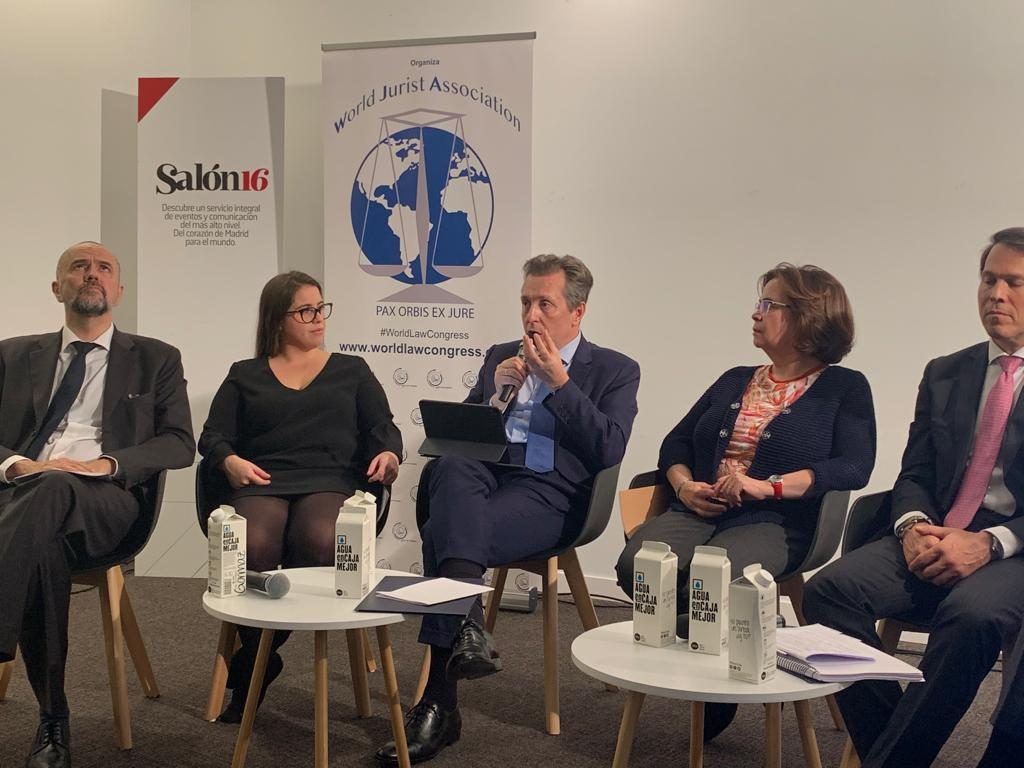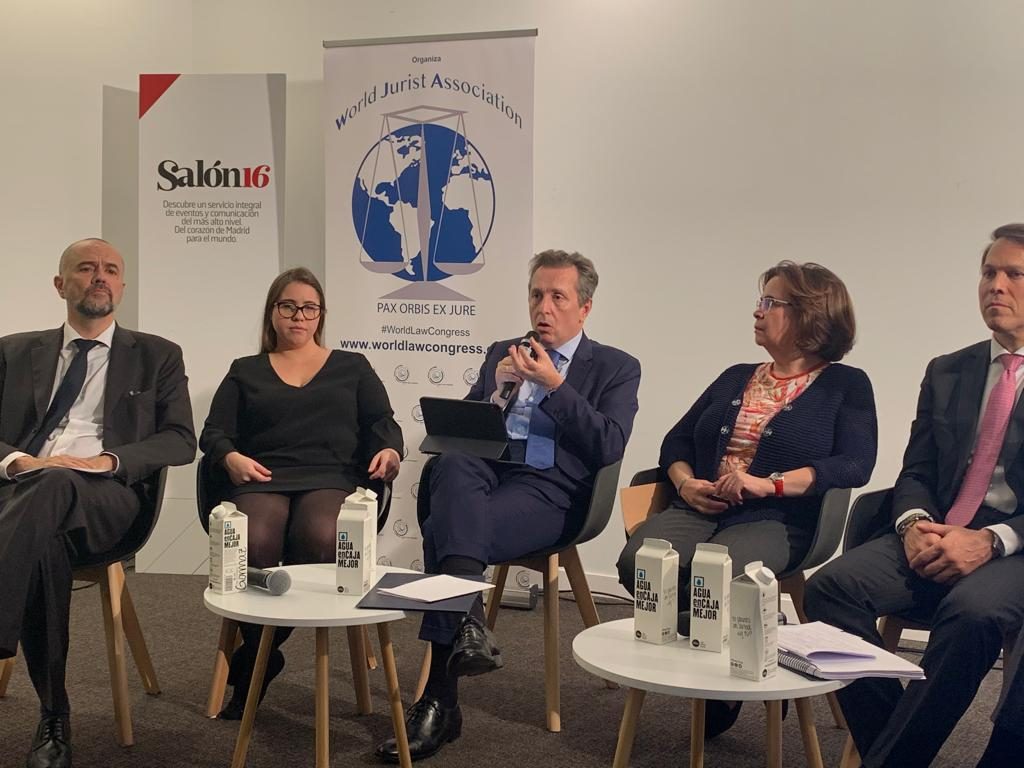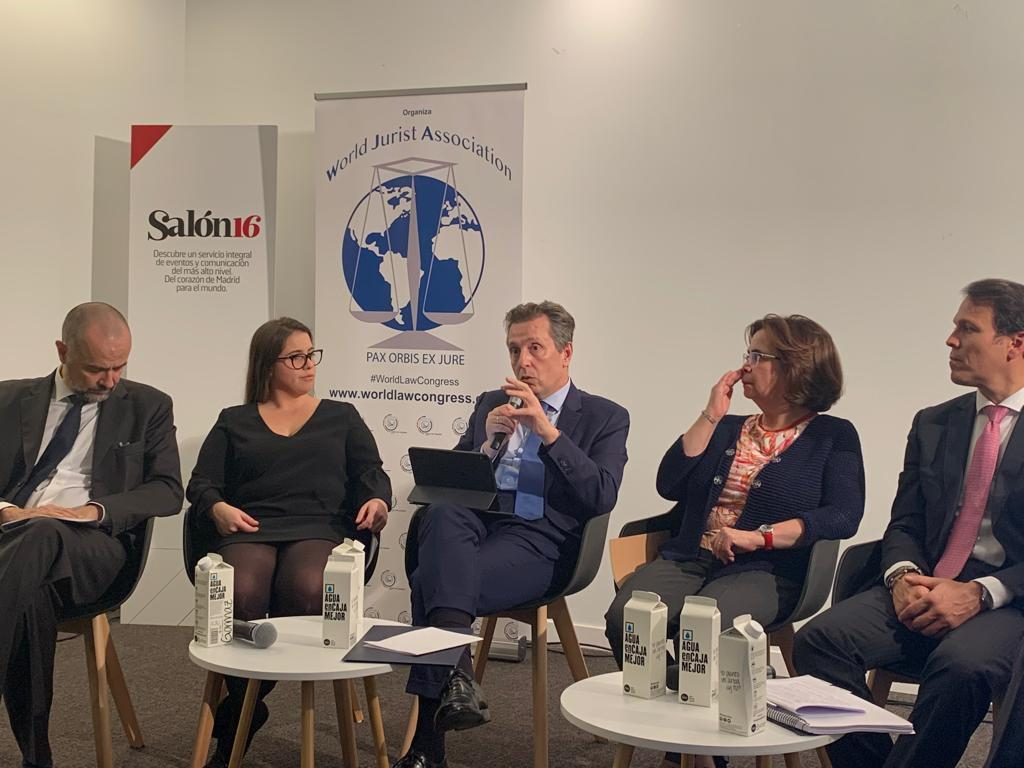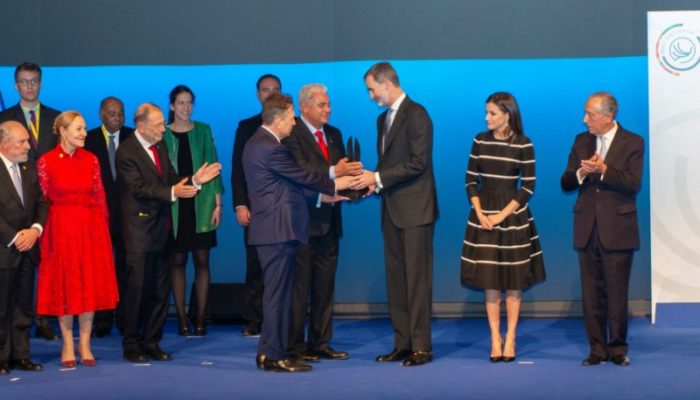WORLD LAW CONGRESS COLOMBIA 2021
Program: Opening Session Madrid
July 5-6, 2021
Casa América – Plaza Cibeles
MAIN EVENT: WORLD LAW CONGRESS COLOMBIA 2021
Thu, Dec 2 2021, 8:00 – Fri, Dec 3 2021, 12:30 Colombian Standard Time
Puerta de Oro Caribbean Convention Center, Track 40 # 79B – 06, Barranquilla, Atlantic, Colombia
About this event
RULE OF LAW: DEVELOPMENT FOR THE NATIONS.
This congregation of the most prominent jurists in the world during the World Law Congress Colombia 2021 aims to be a recognition from the international legal community of Colombia’s unwavering commitment to the defense, strengthening and promotion of the rule of law.
Likewise, on the occasion of this international congress, we will make a special recognition of an outstanding personality or group committed to Peace through Law. In past opportunities, the WJA has awarded personalities such as Sir Winston Churchill, René Cassin, Nelson Mandela, the King of Spain Felipe VI, and Justice Ruth B. Ginsburg, a distinguished member of the Supreme Court of the United States. All of them have demonstrated their indisputable commitment to the Rule of Law and the defense of Democracy and Freedom.
On the other hand, the program will focus on promoting the Rule of Law as an Instrument for the Development of Nations, offering a comprehensive vision of the major issues that concern humanity and on which the world of Law and Justice must respond. These are themes that converge with the objectives of the United Nations 2030 Agenda and prosperity through sustainable development. The program will integrate the vision of noteworthy Colombian and international jurists, companies and institutions that support the progress of humanity, coexistence in democracy and freedom.
For Colombia, the Congress will be a source of great pride and significance, as well as a unique opportunity to support the stability of its democracy and promote Peace through Law.

